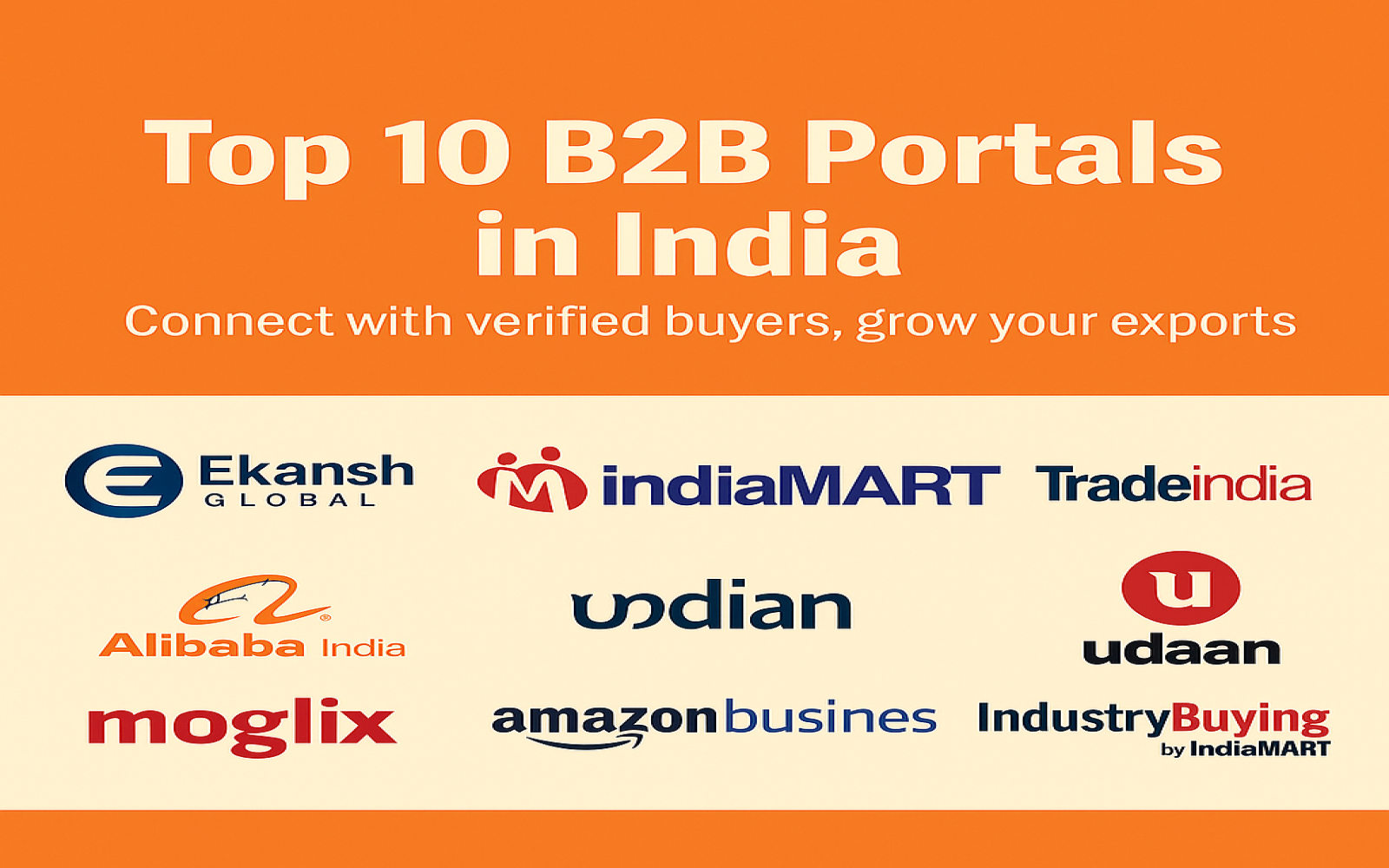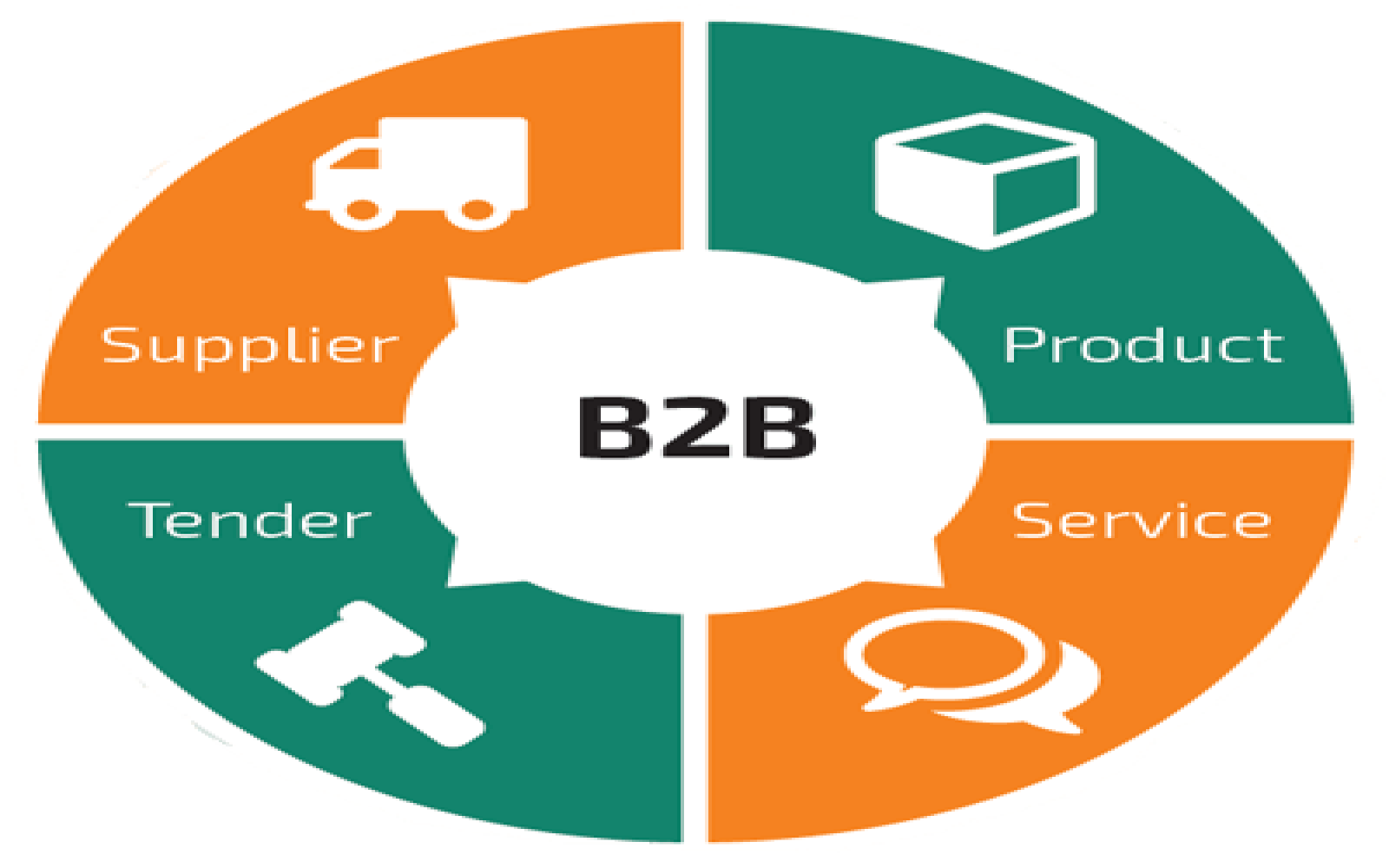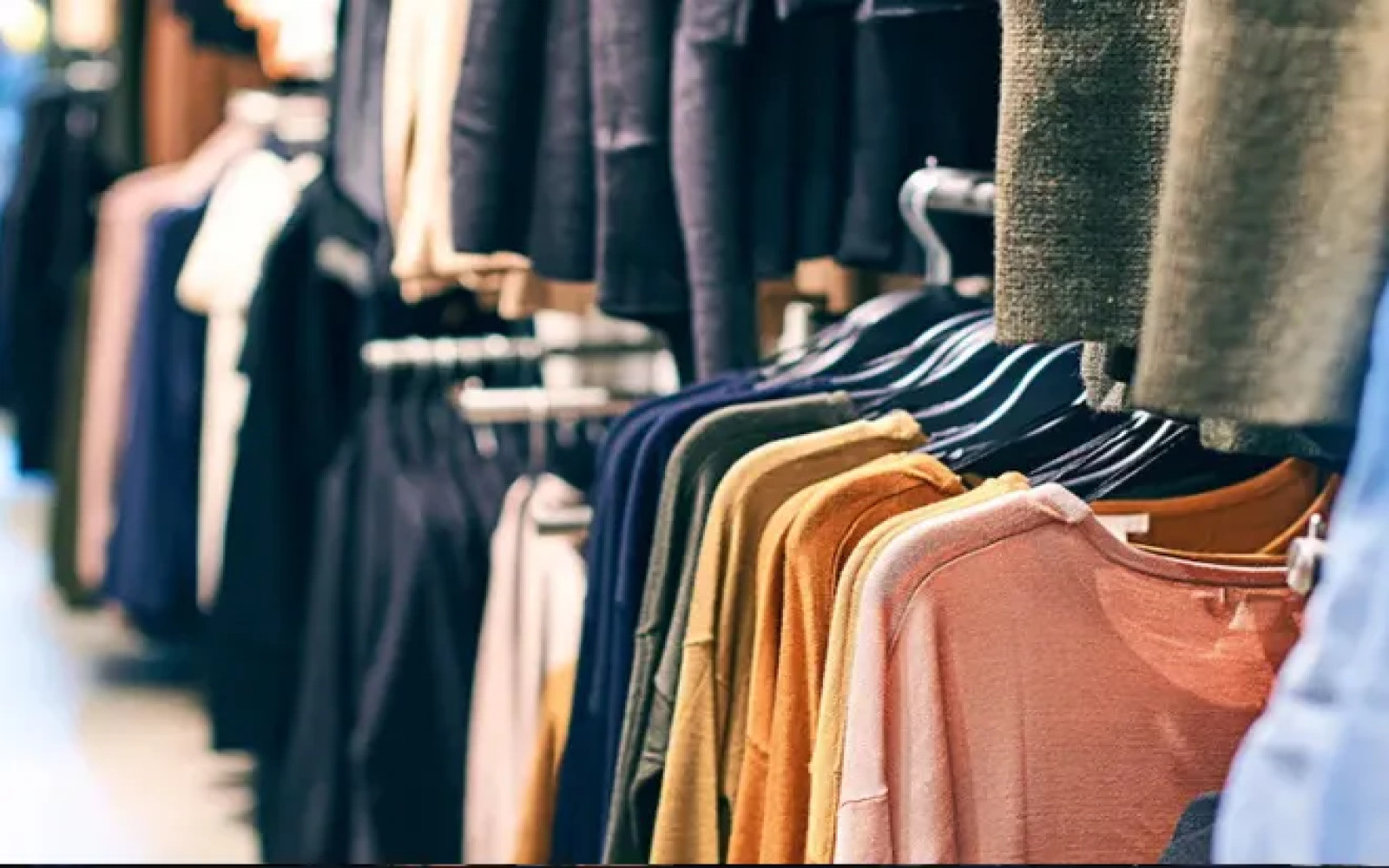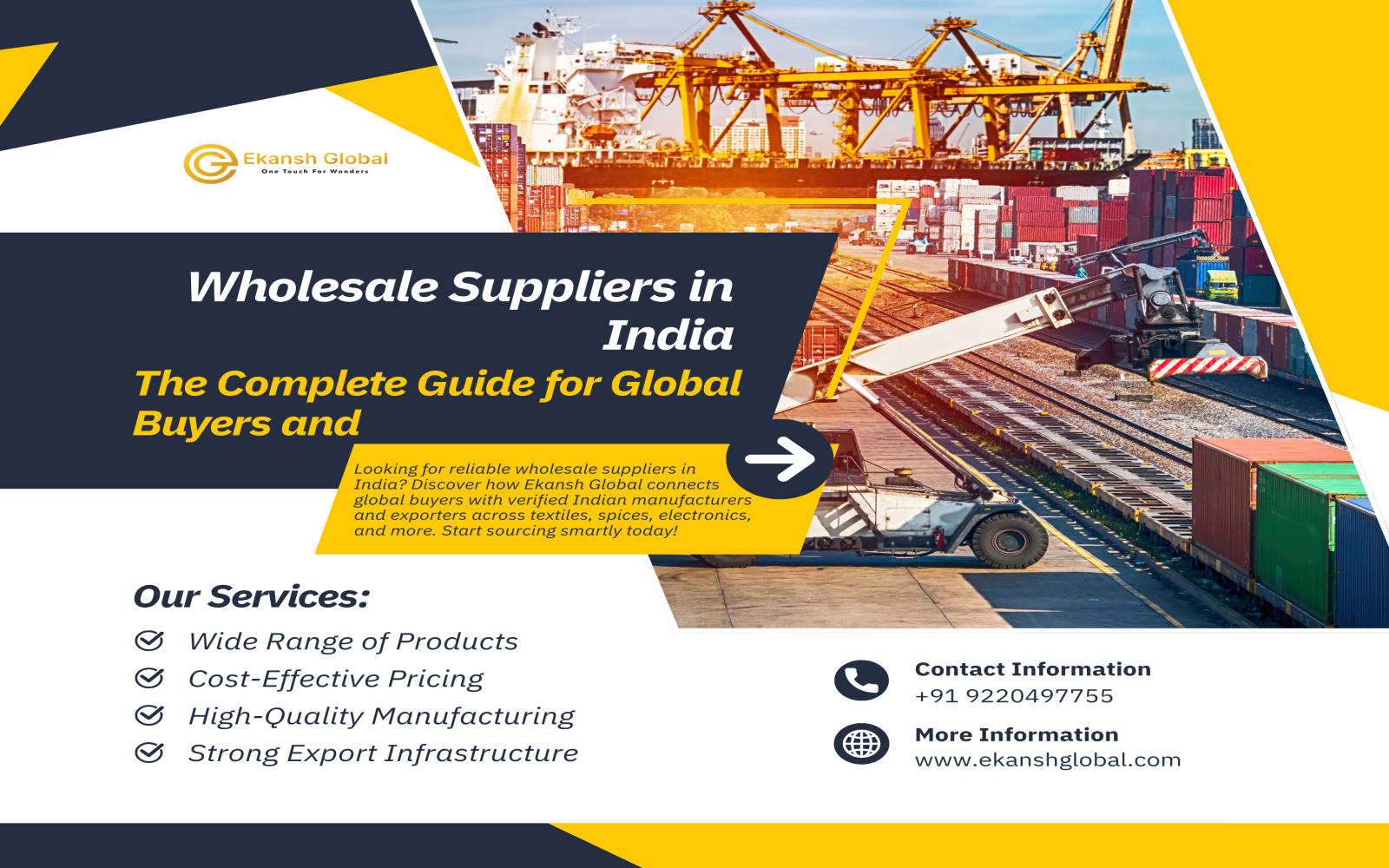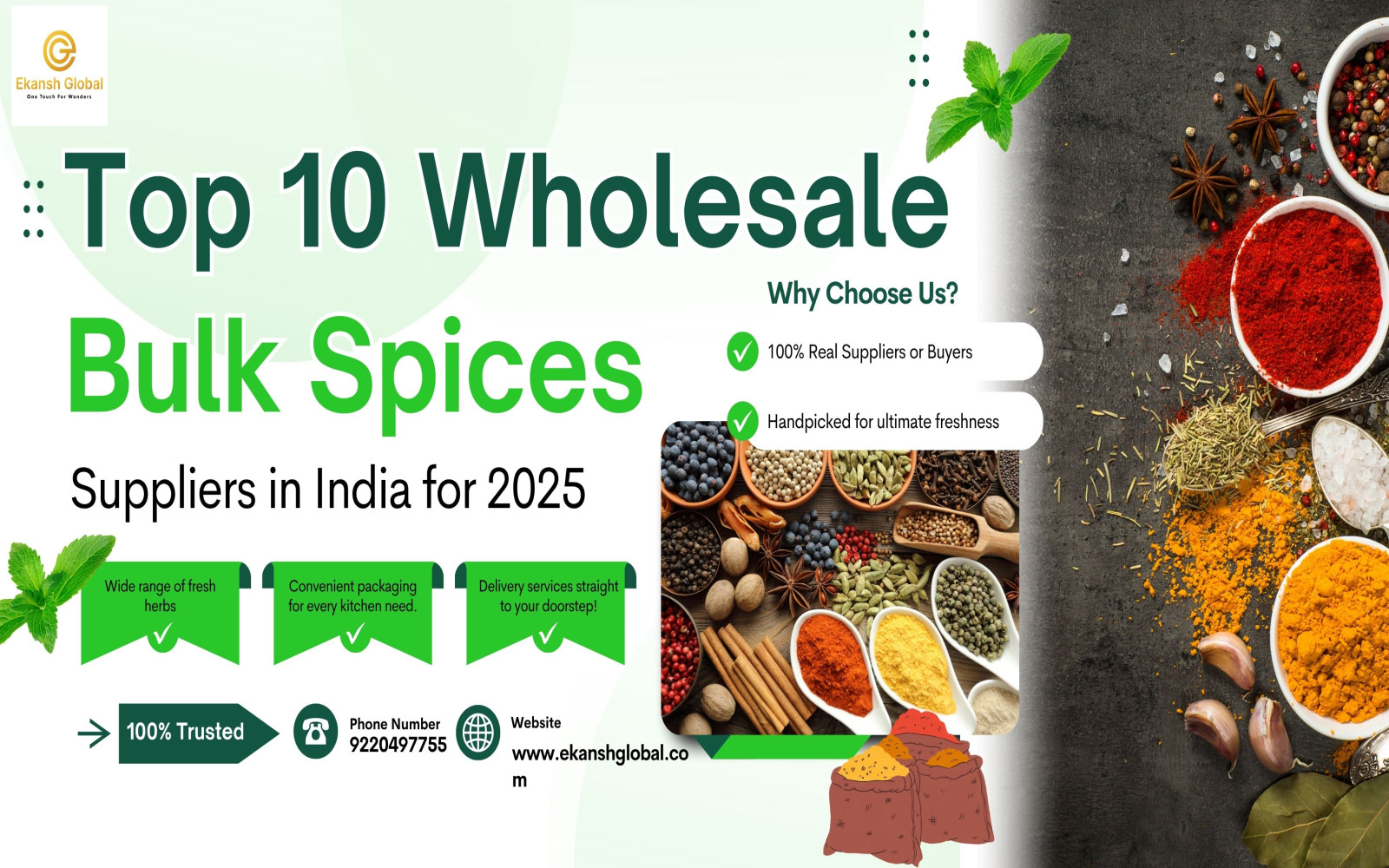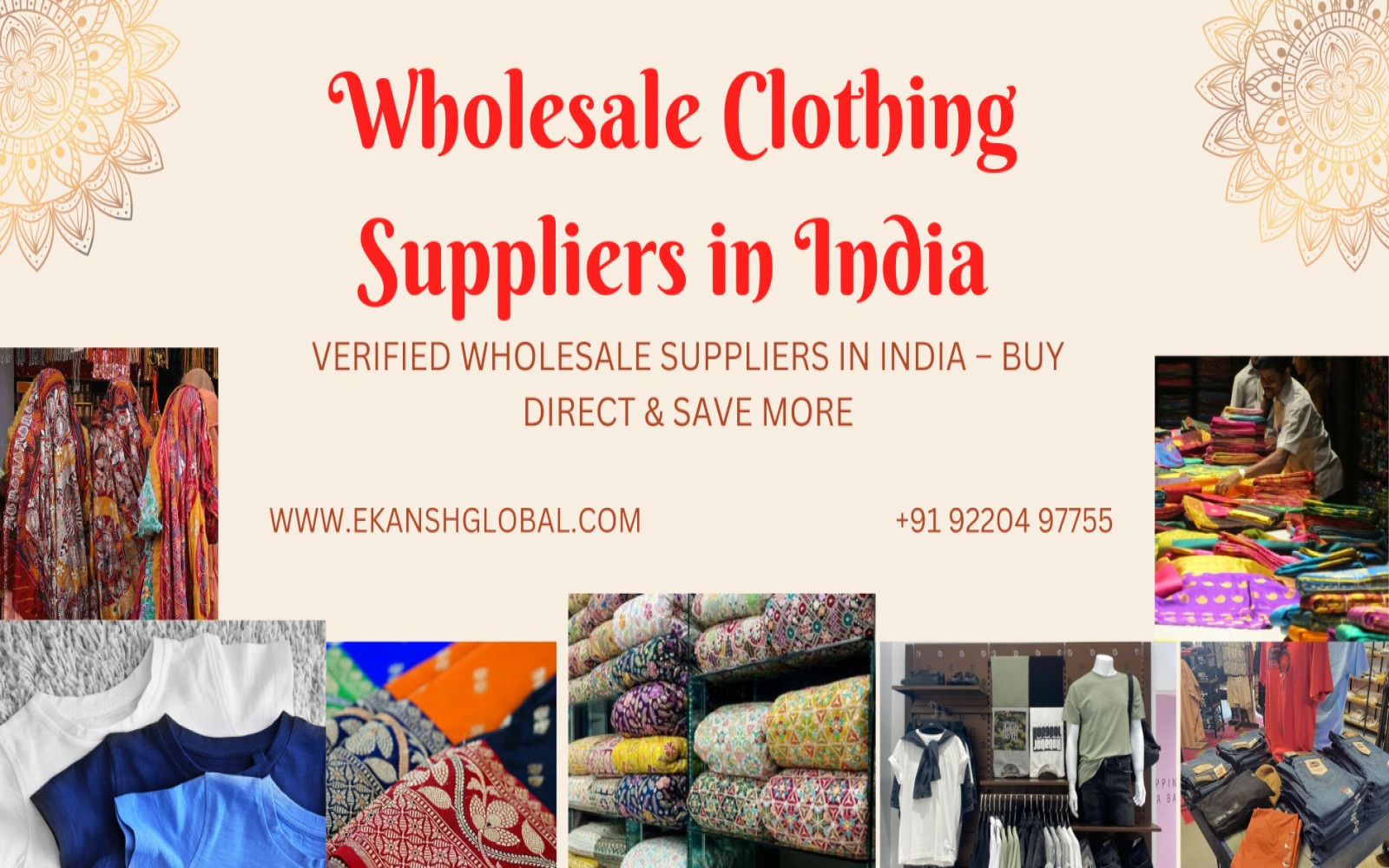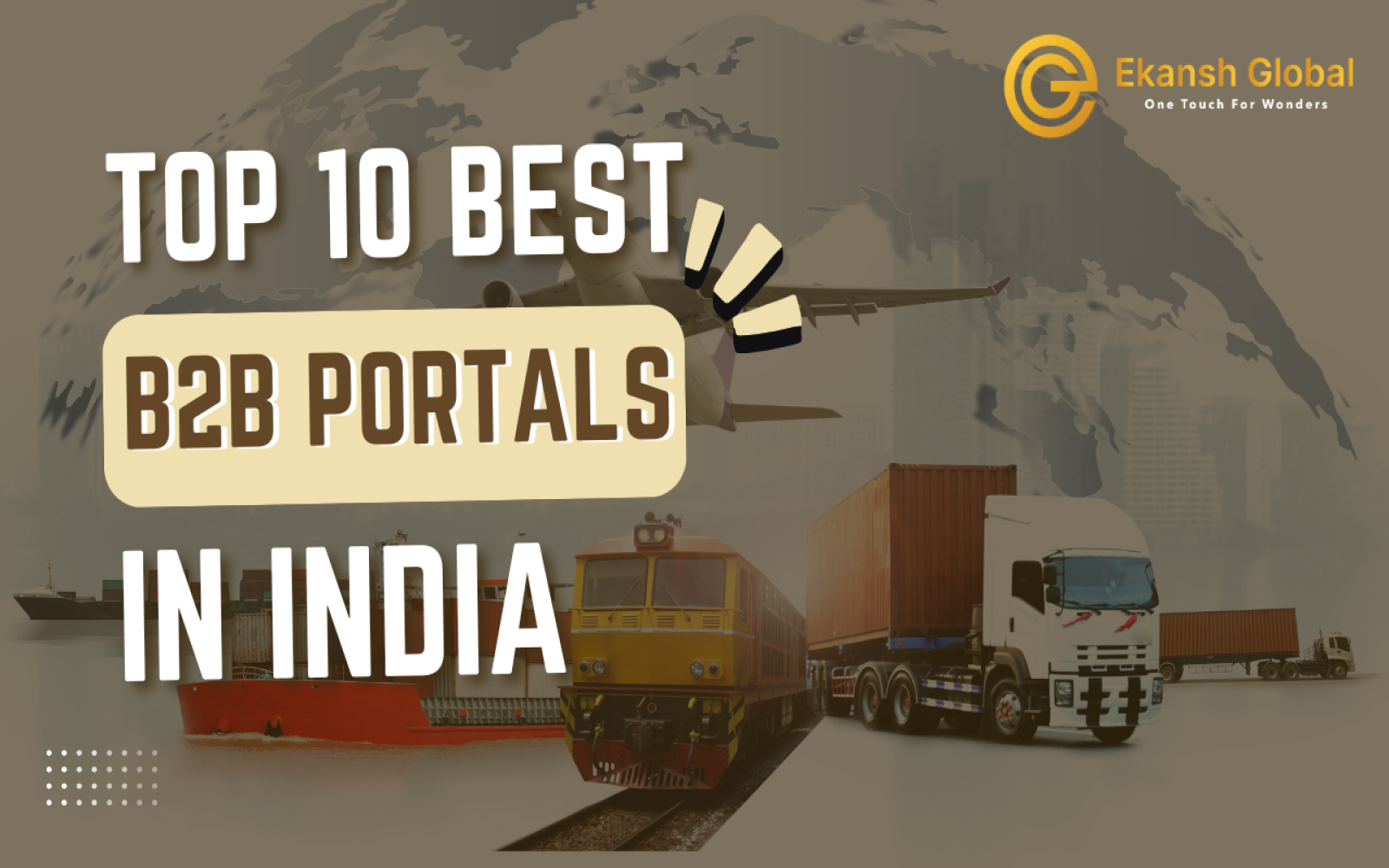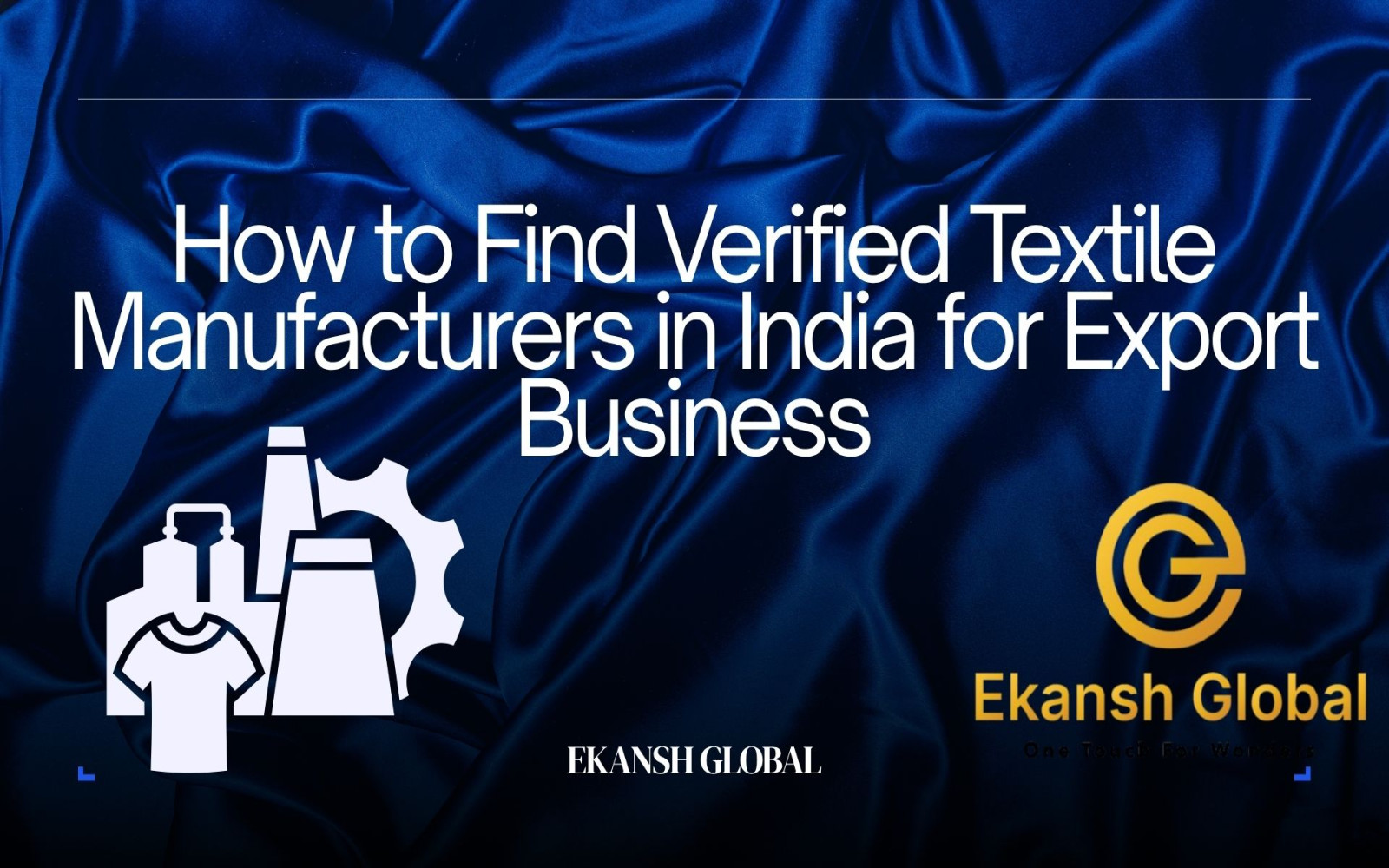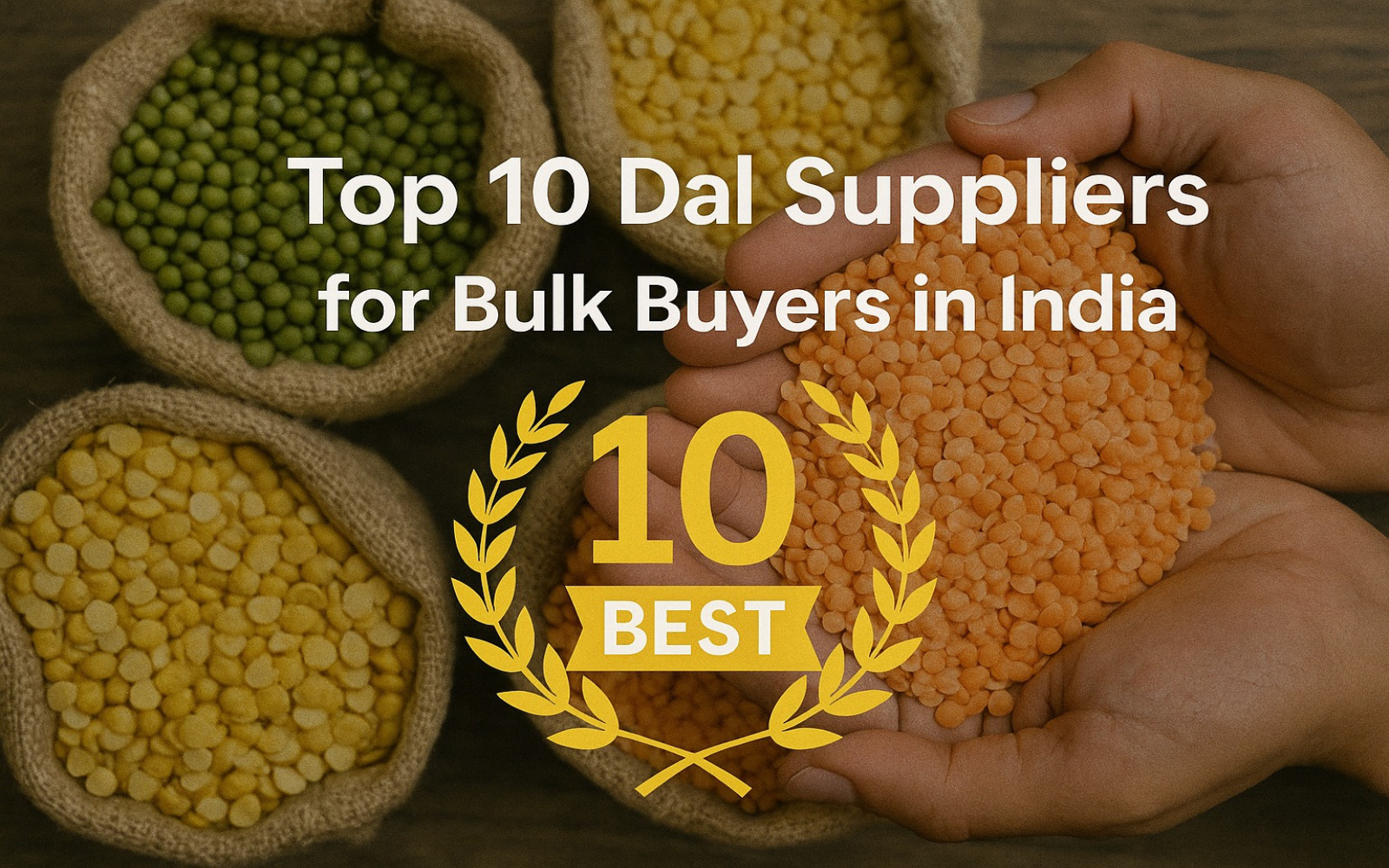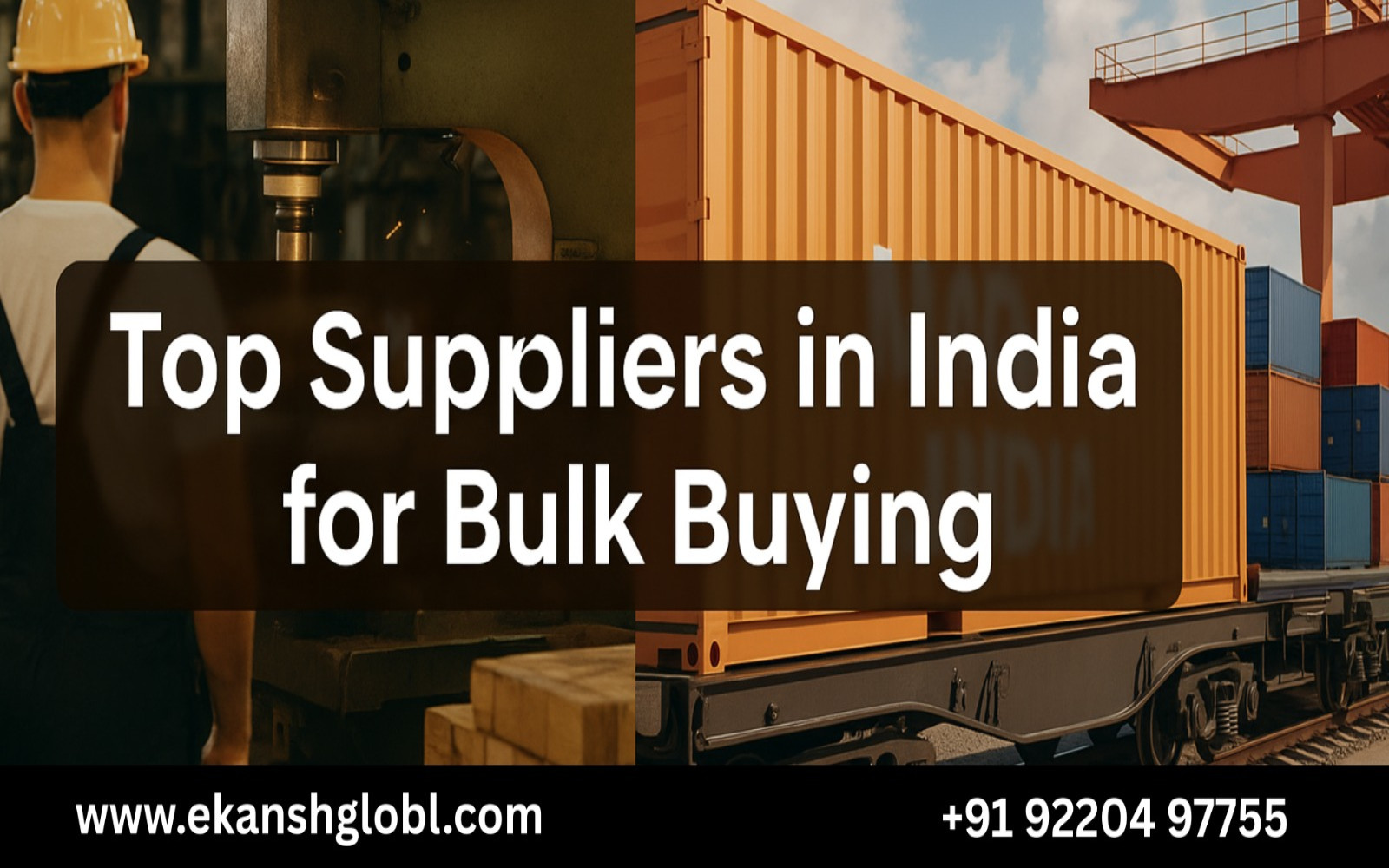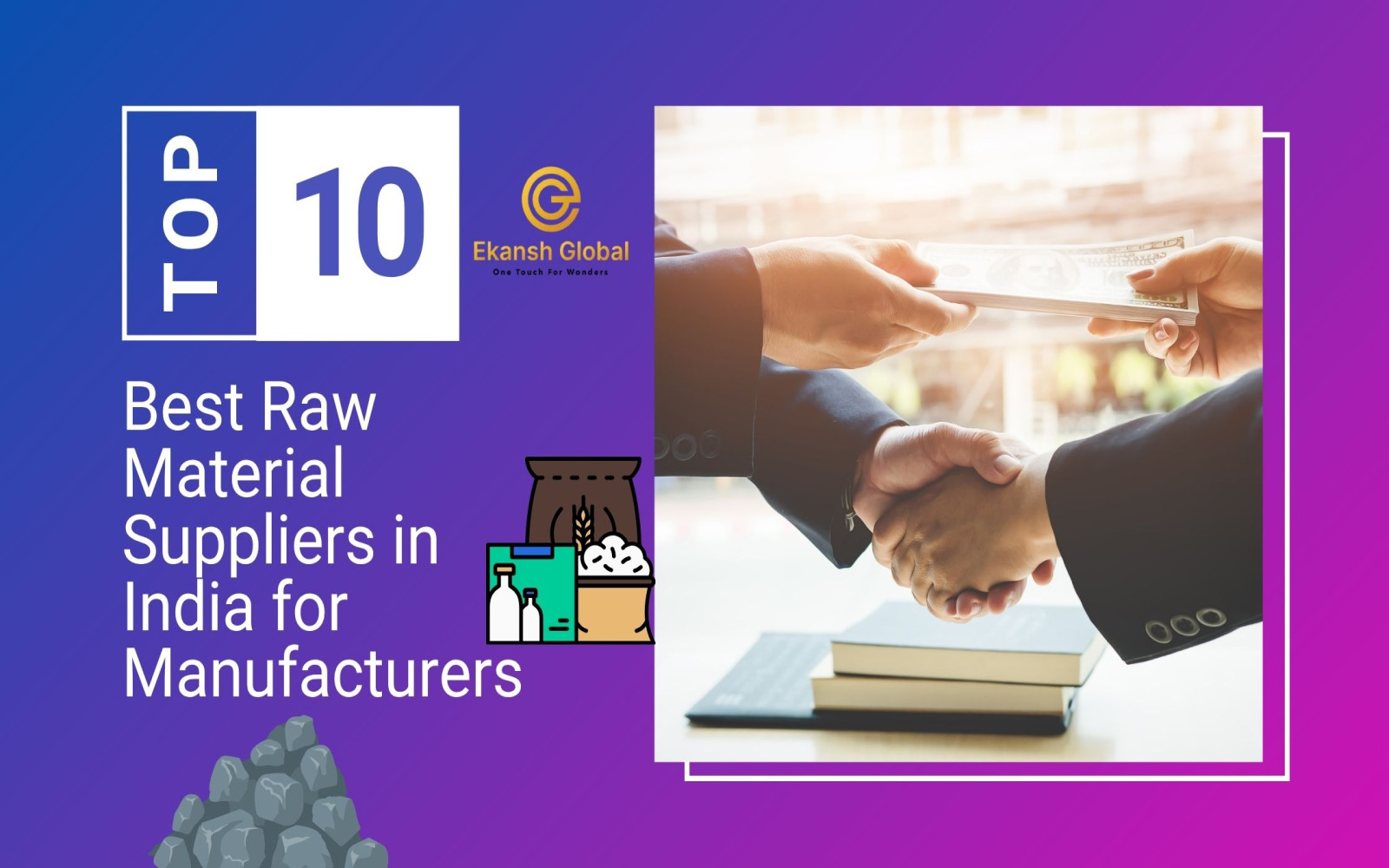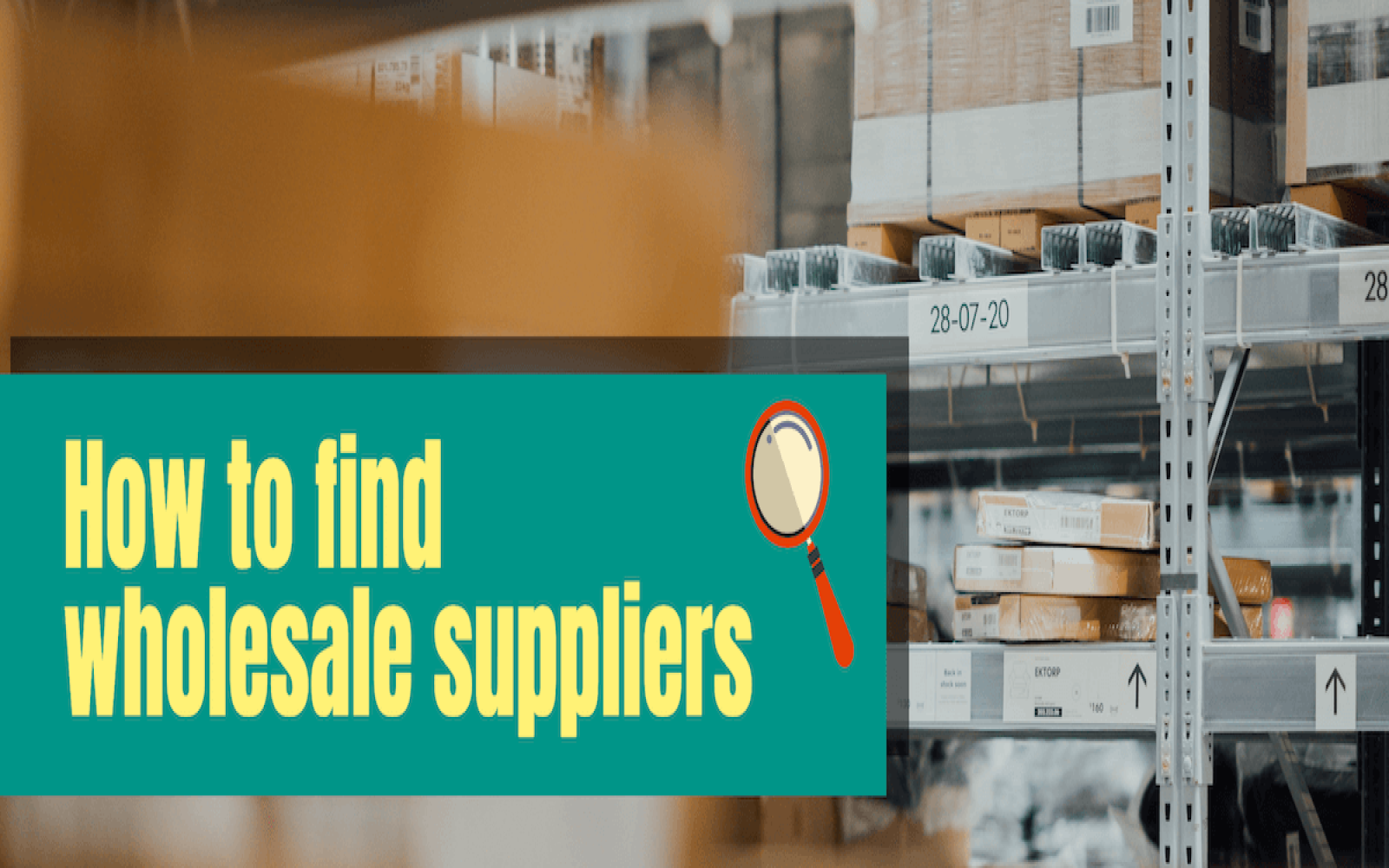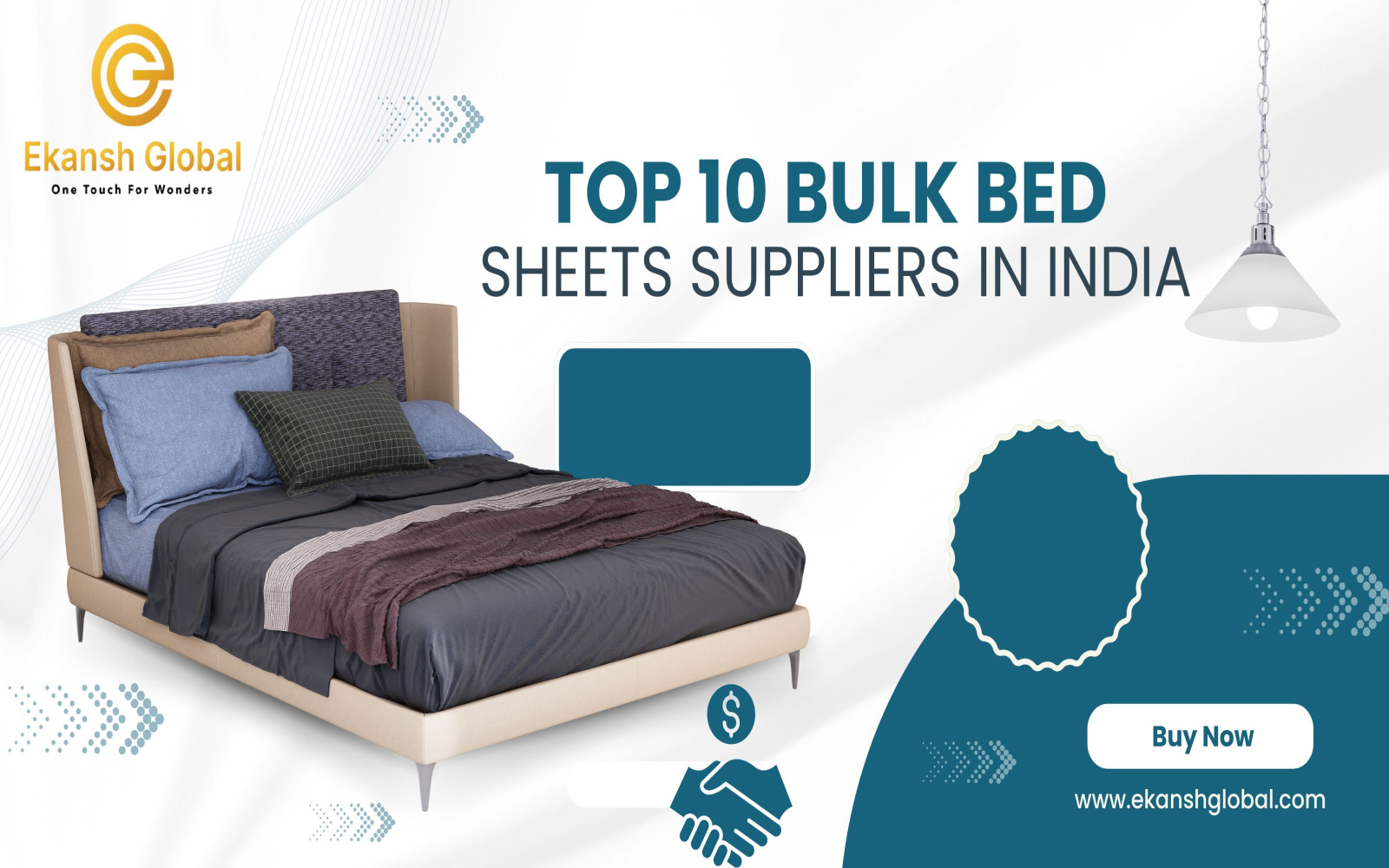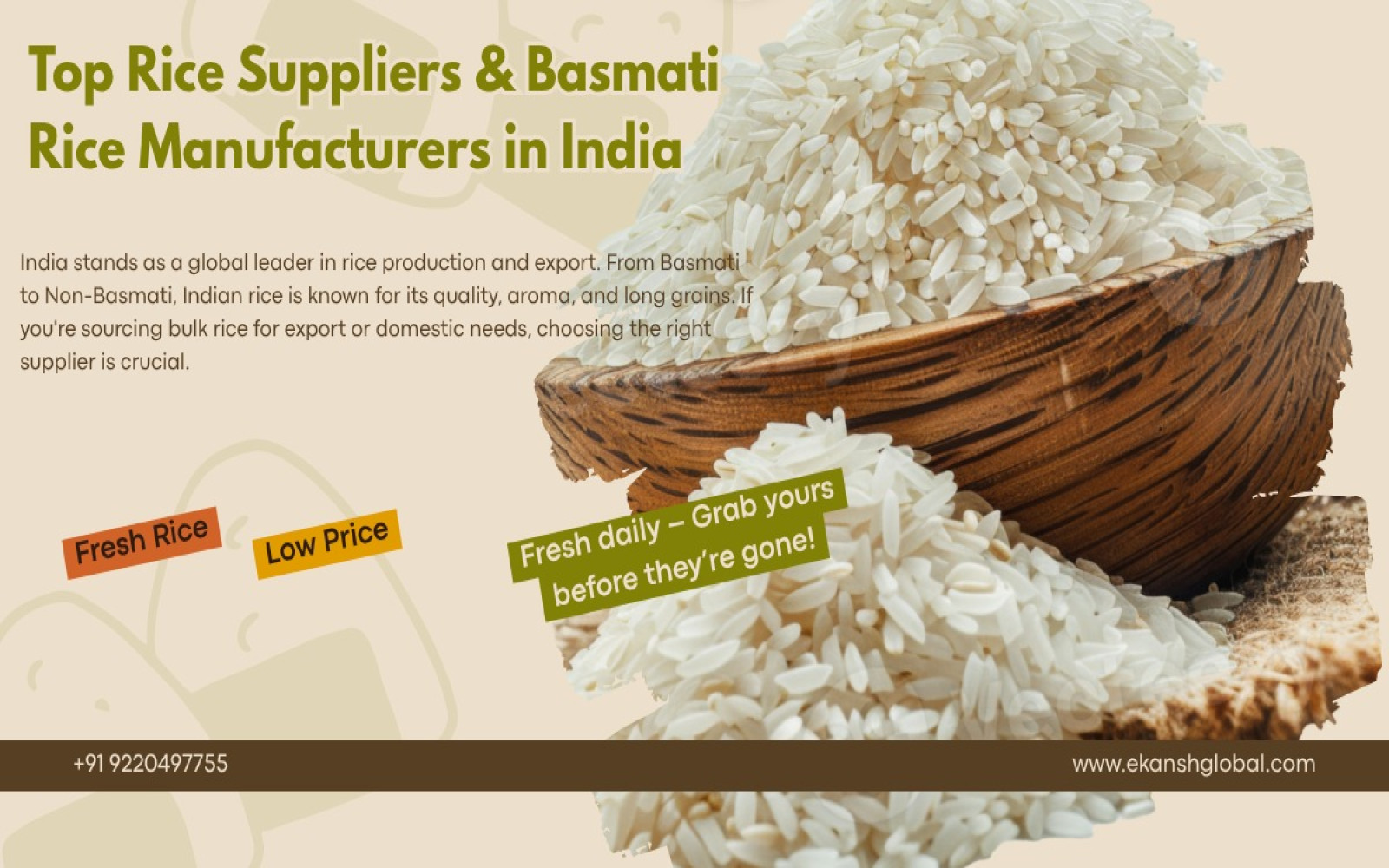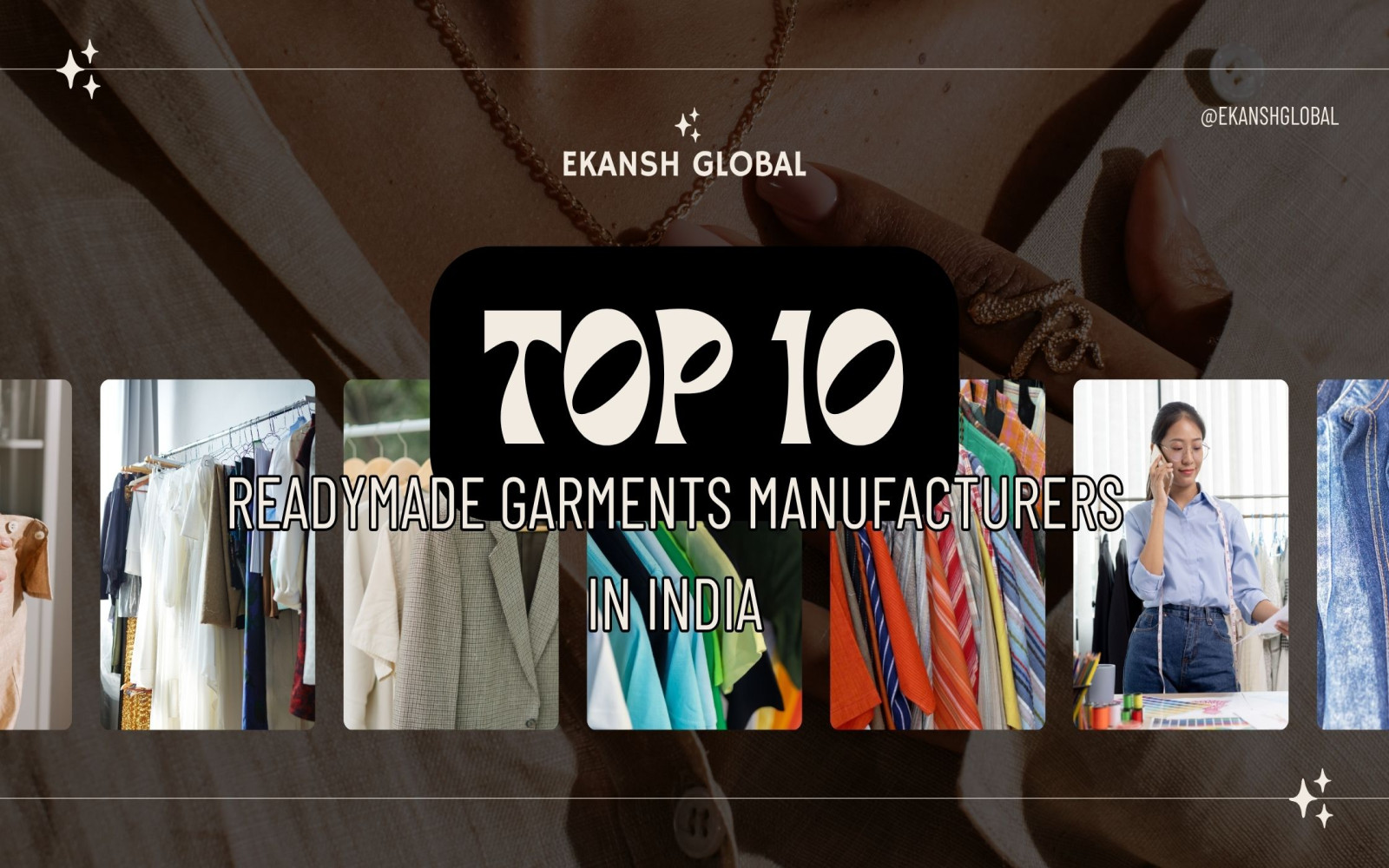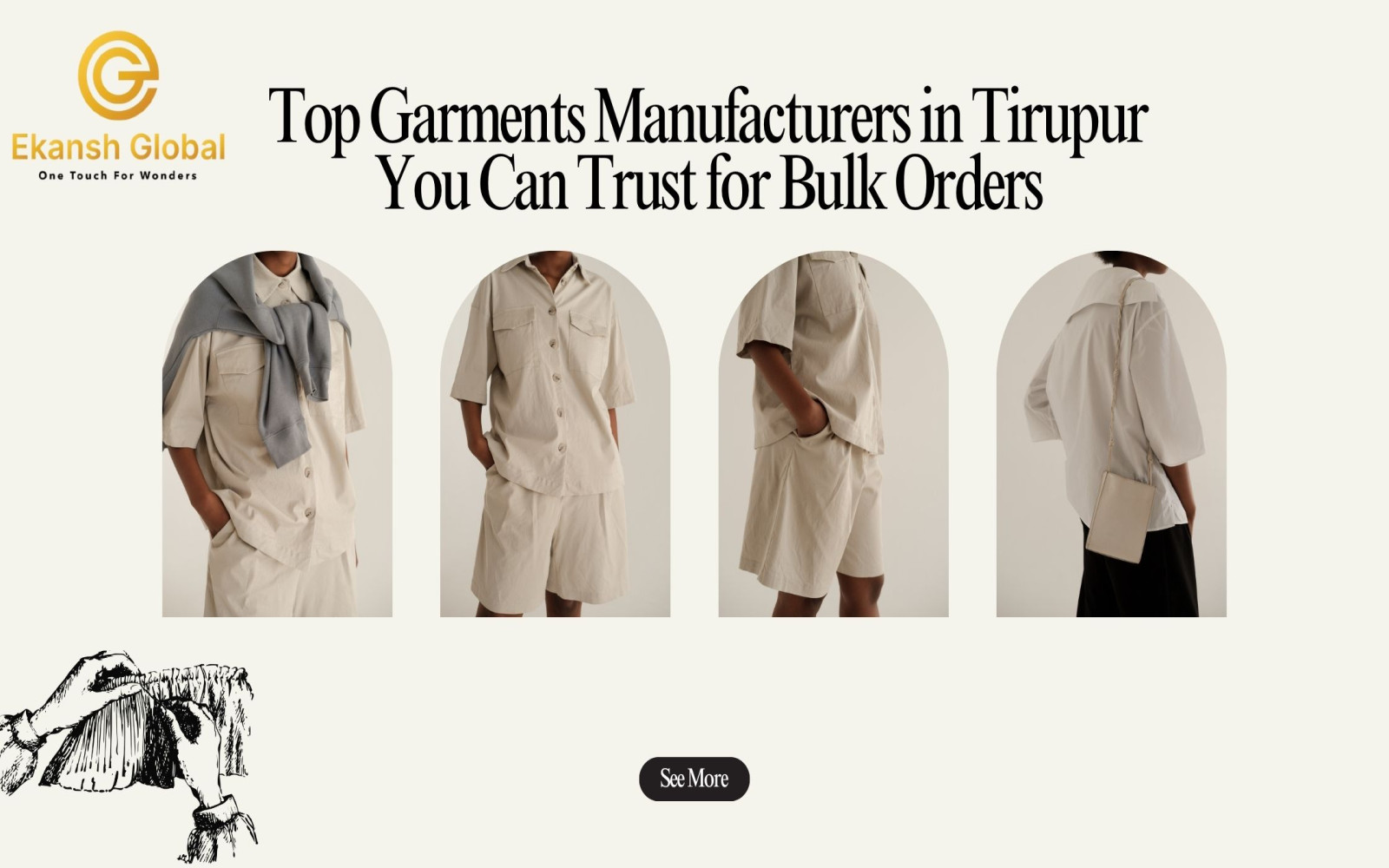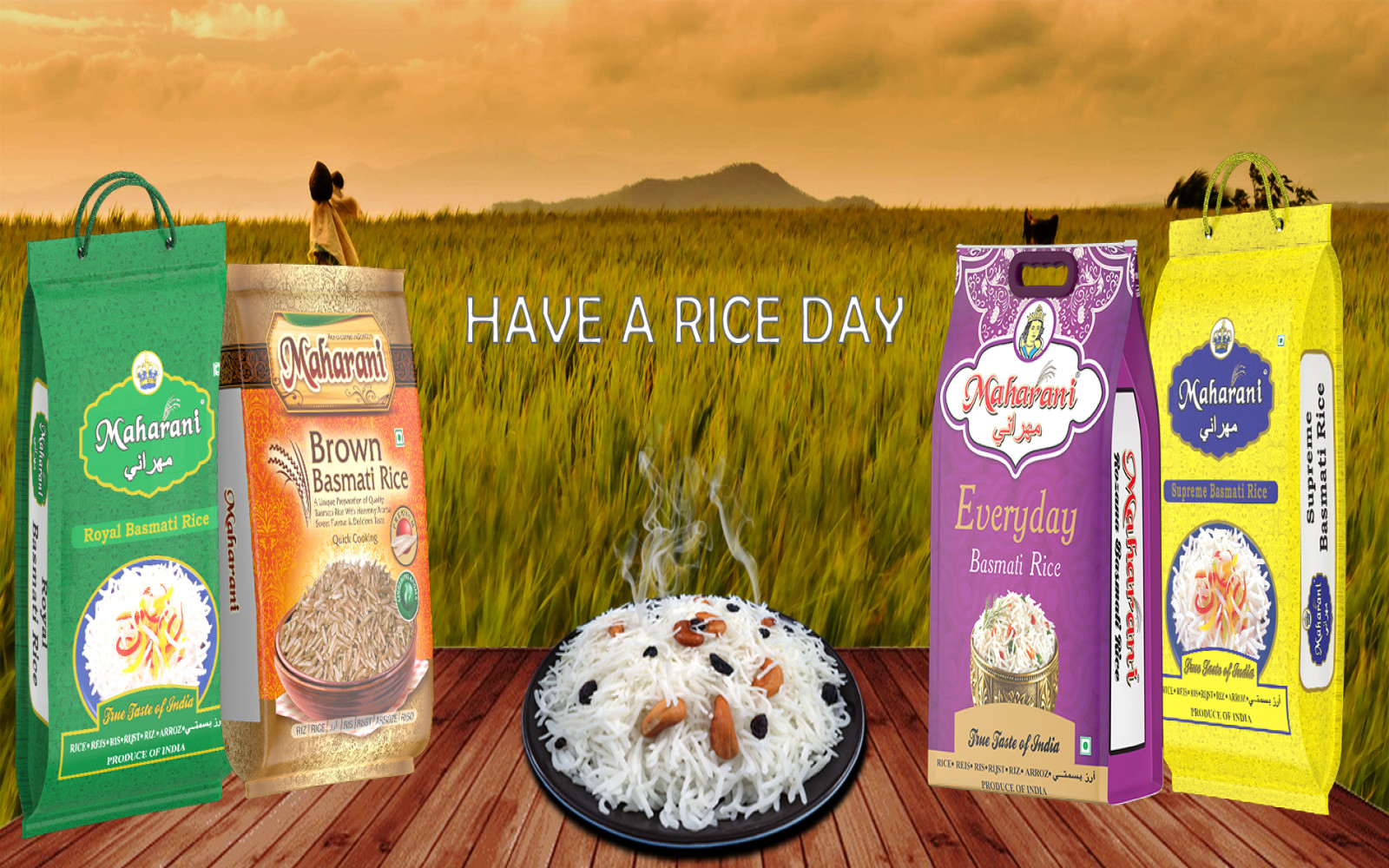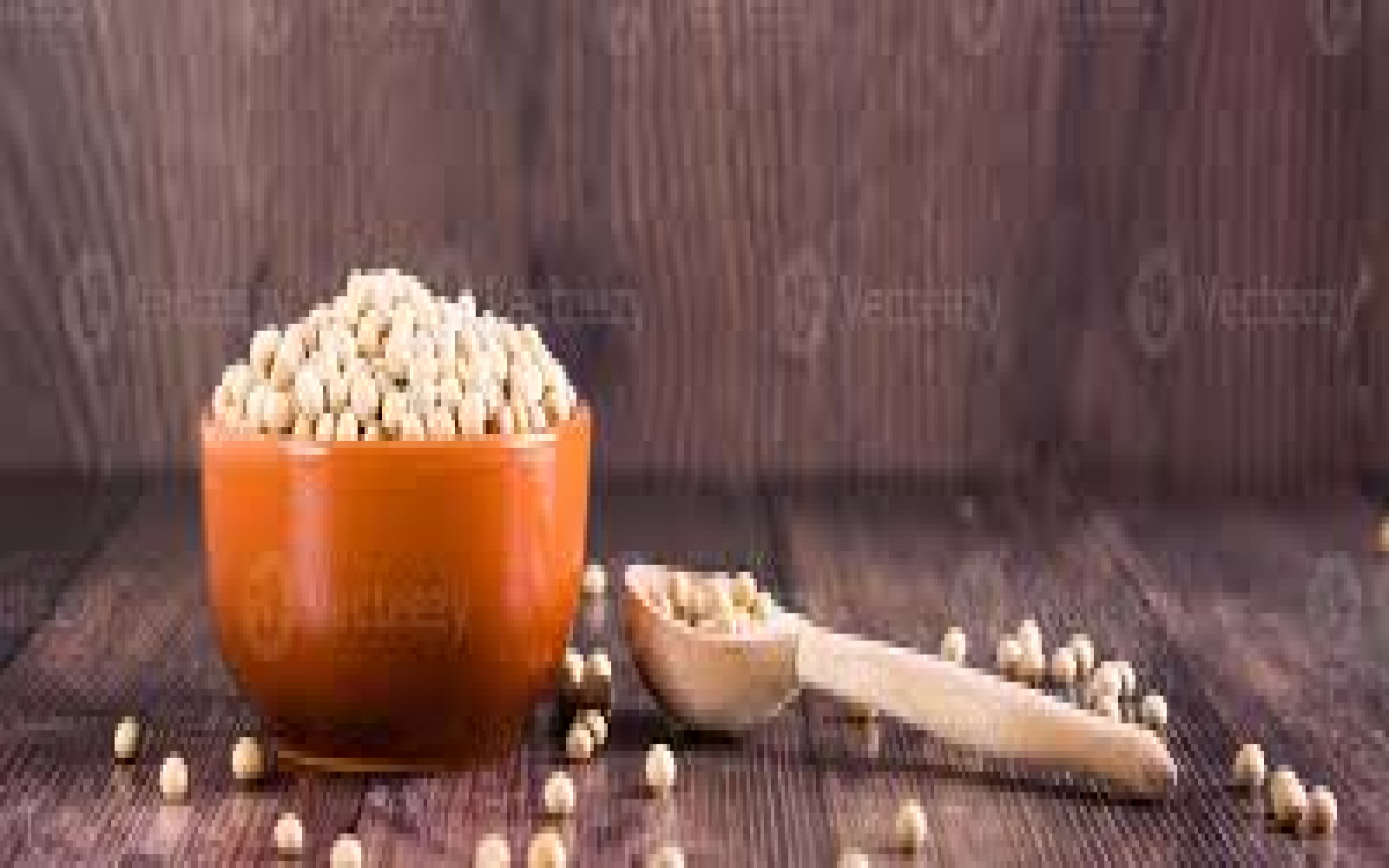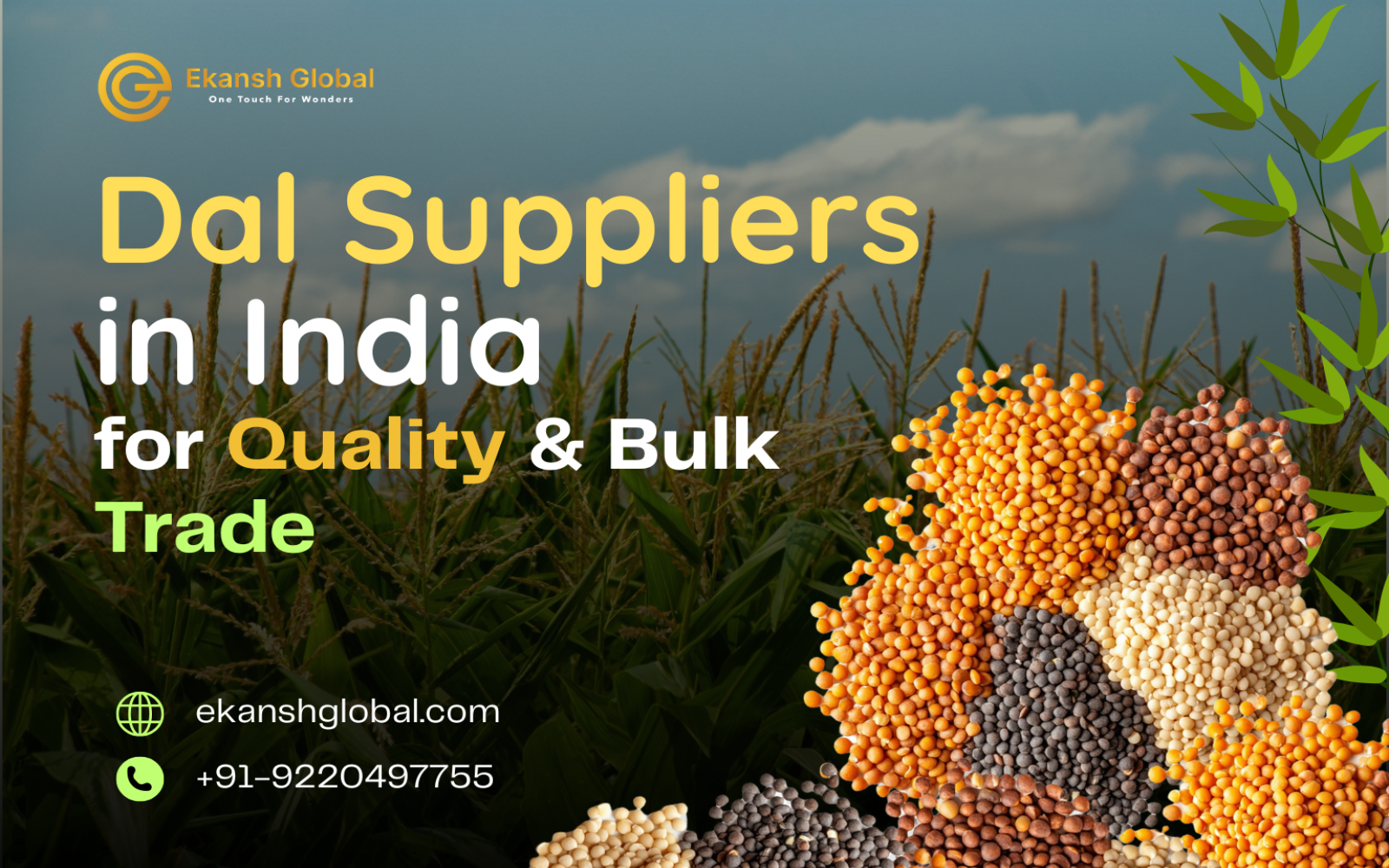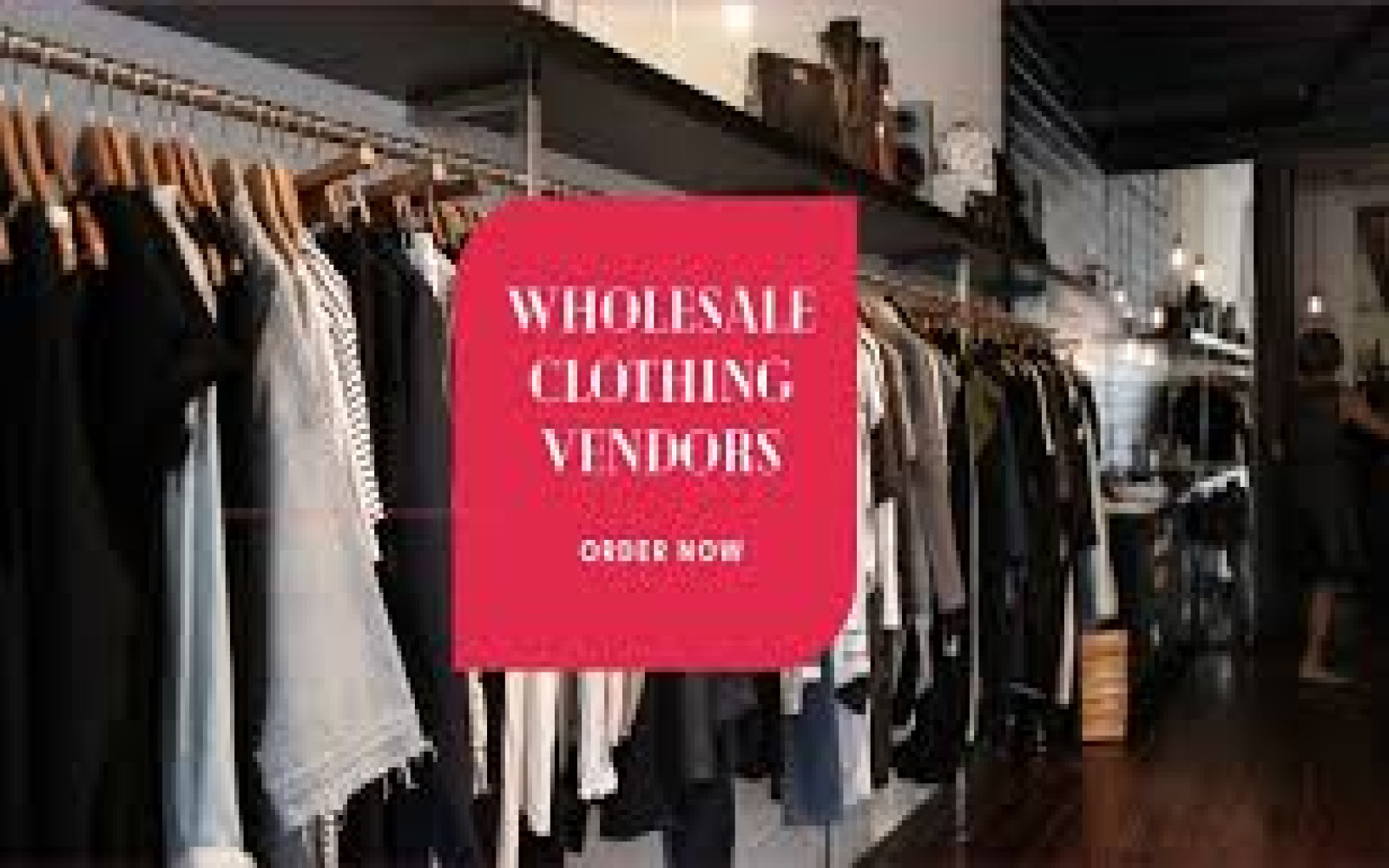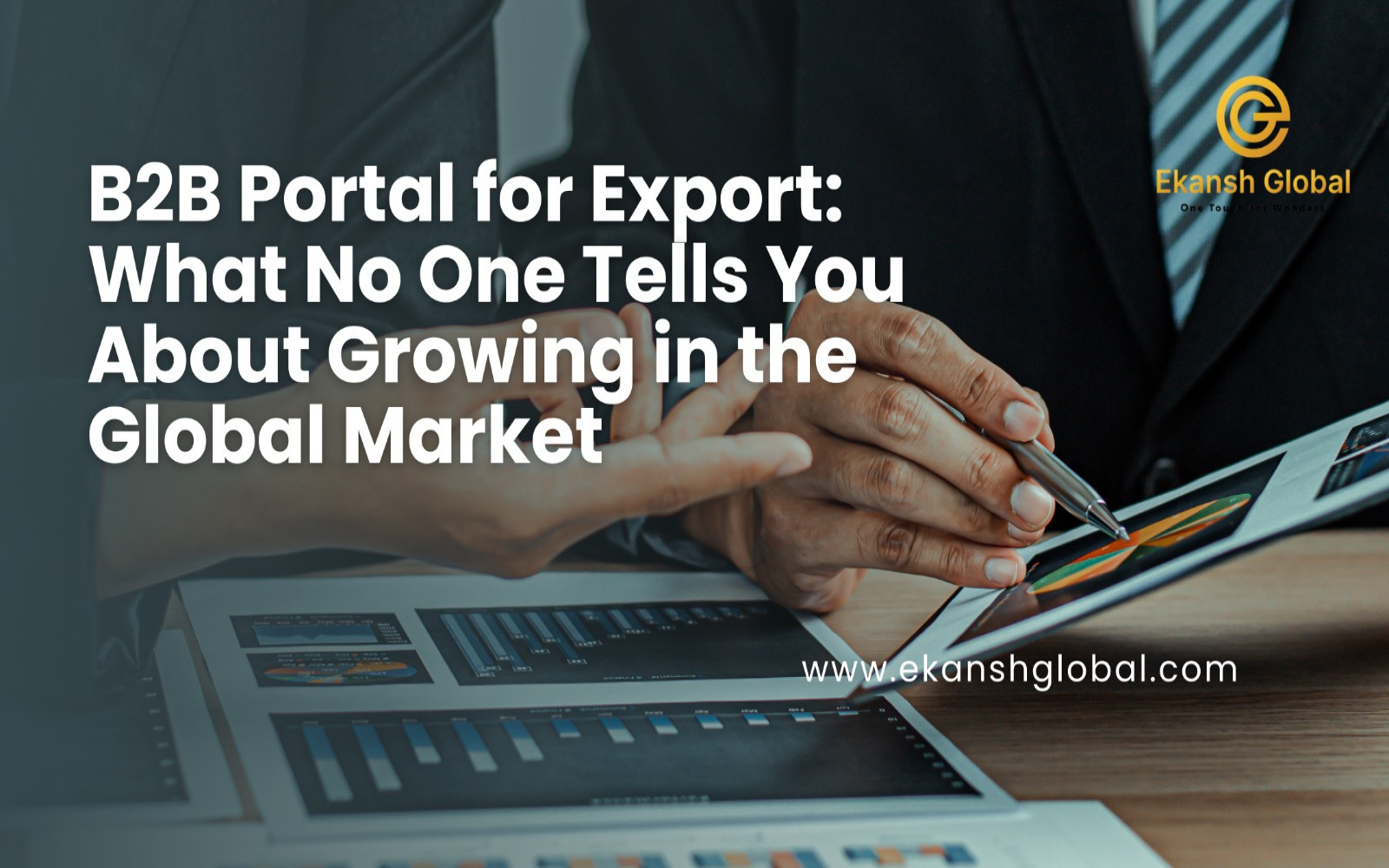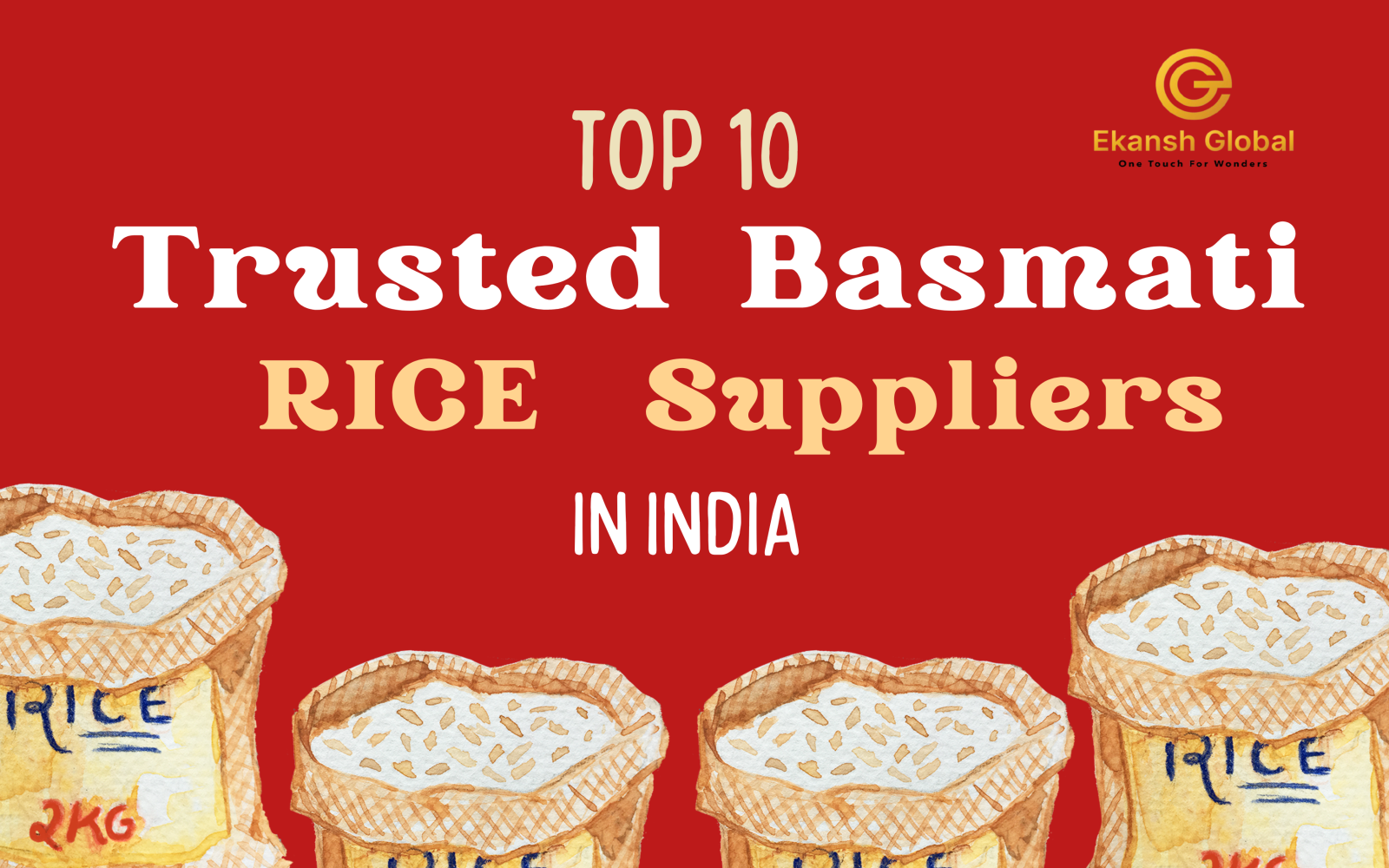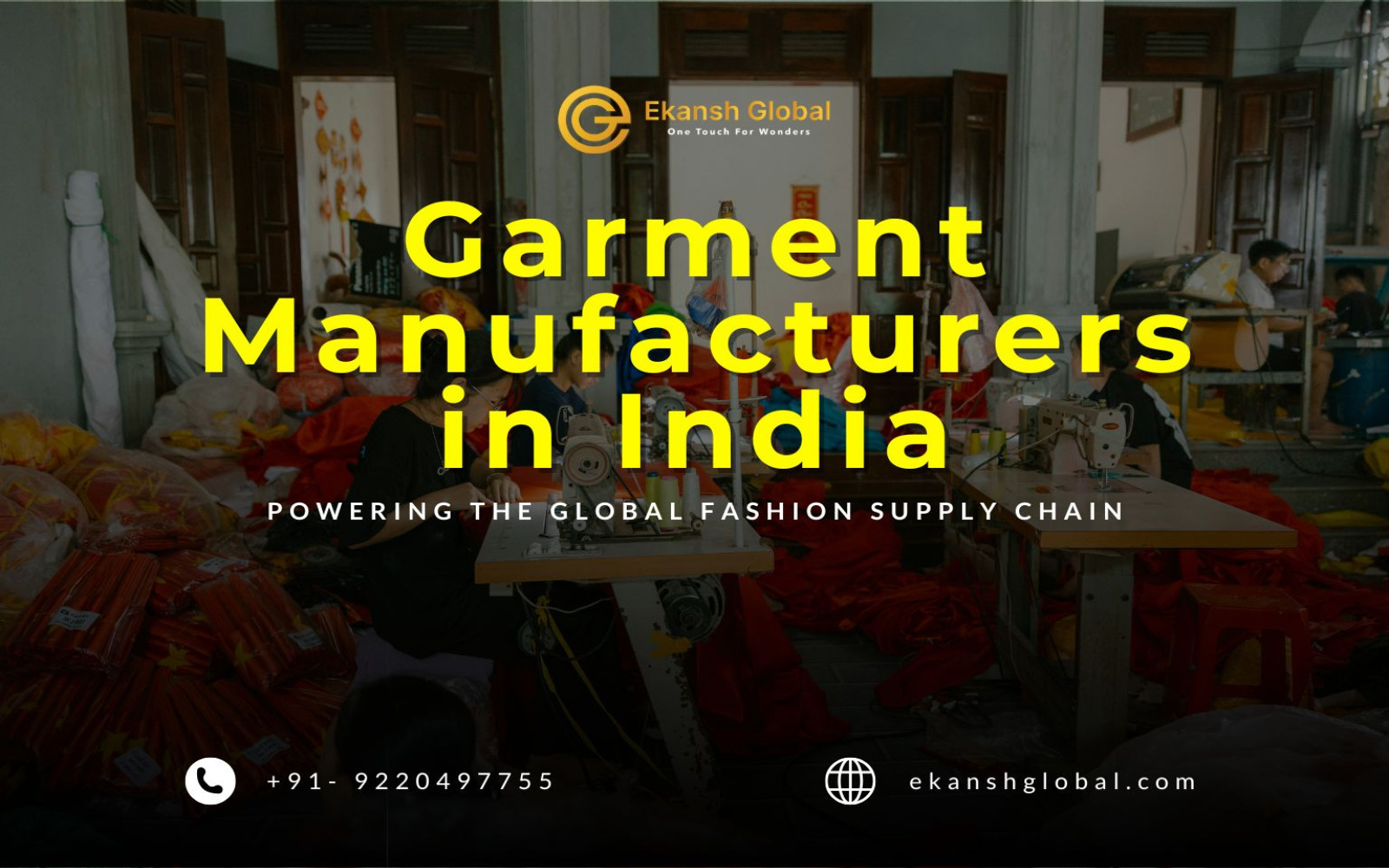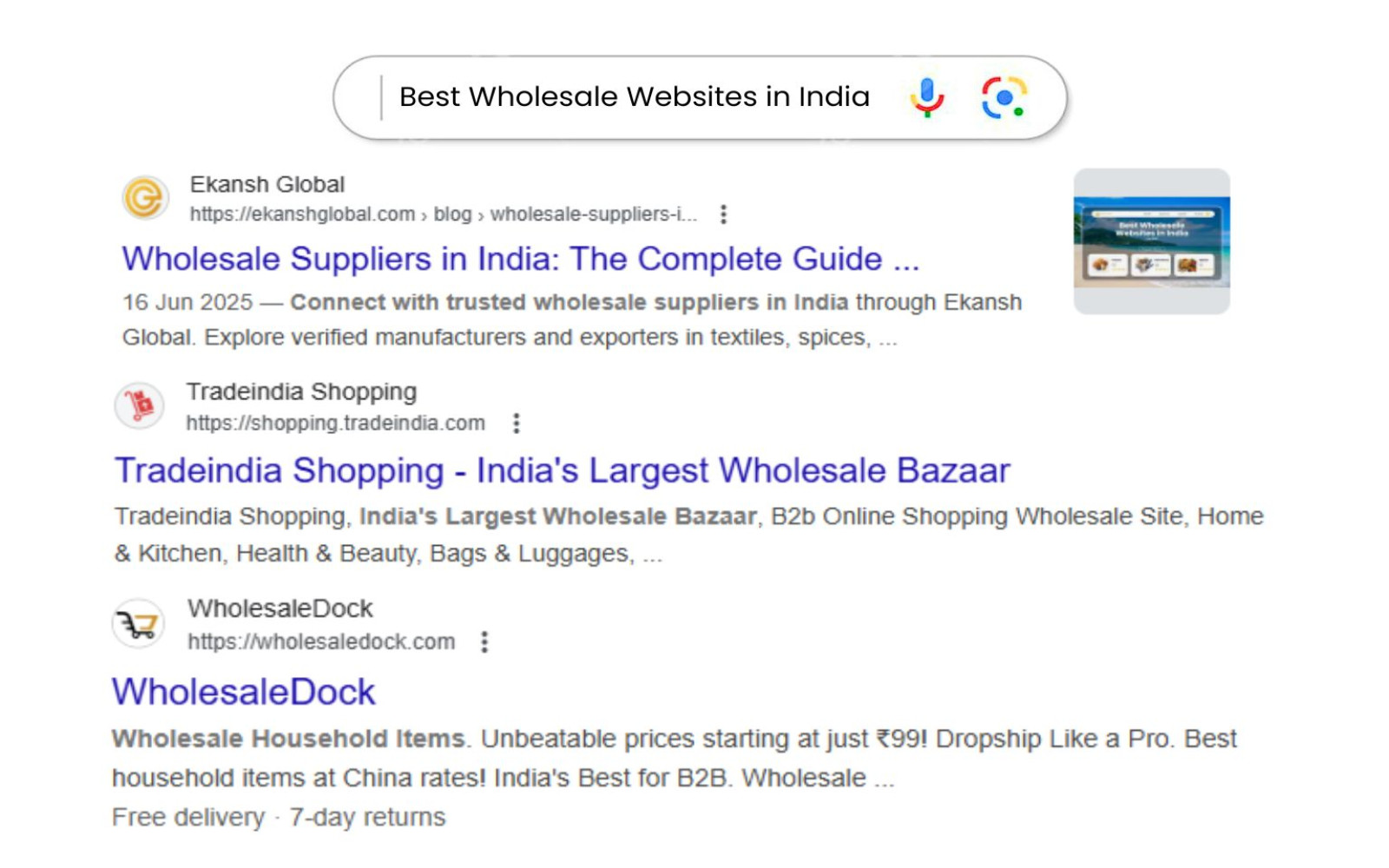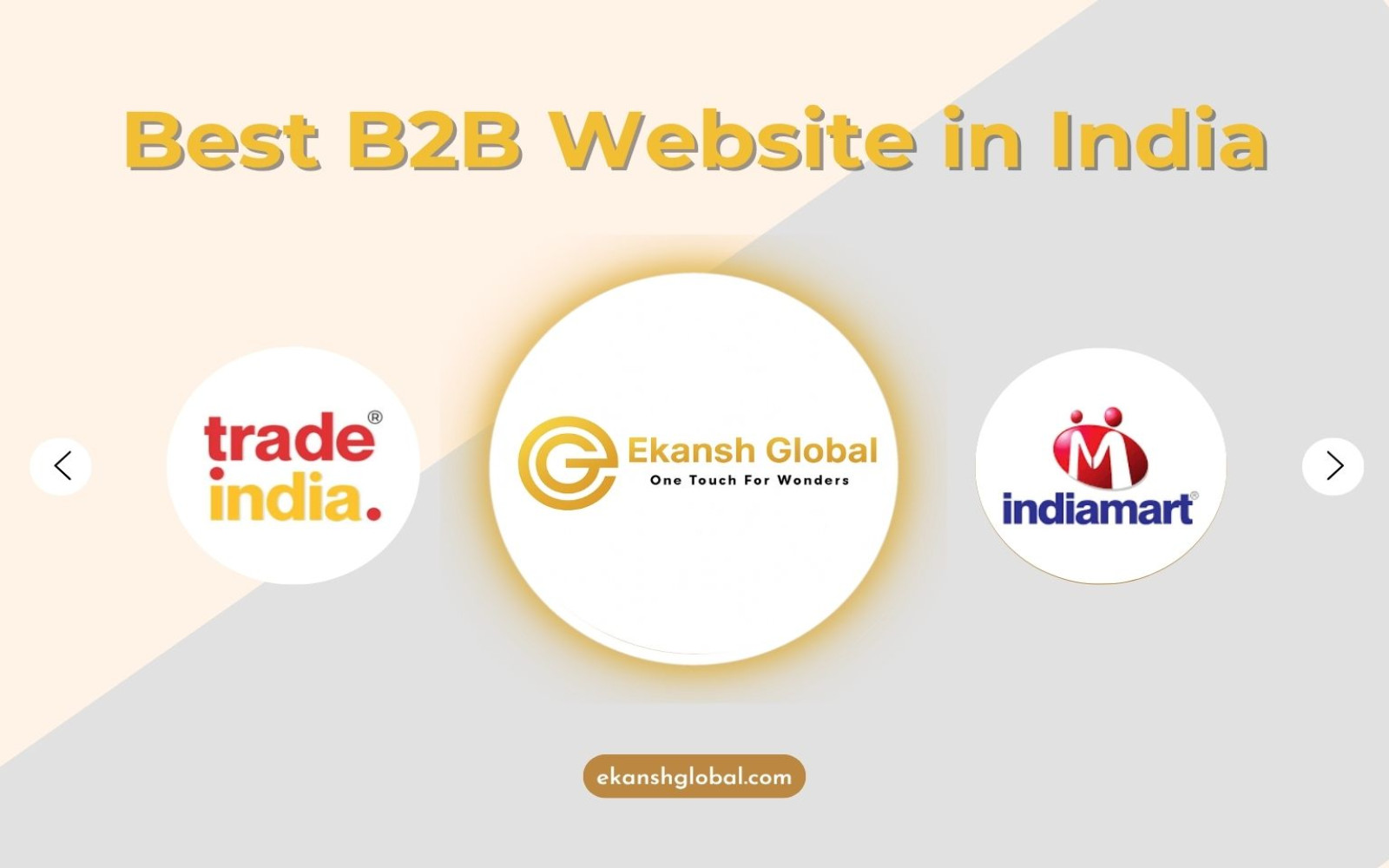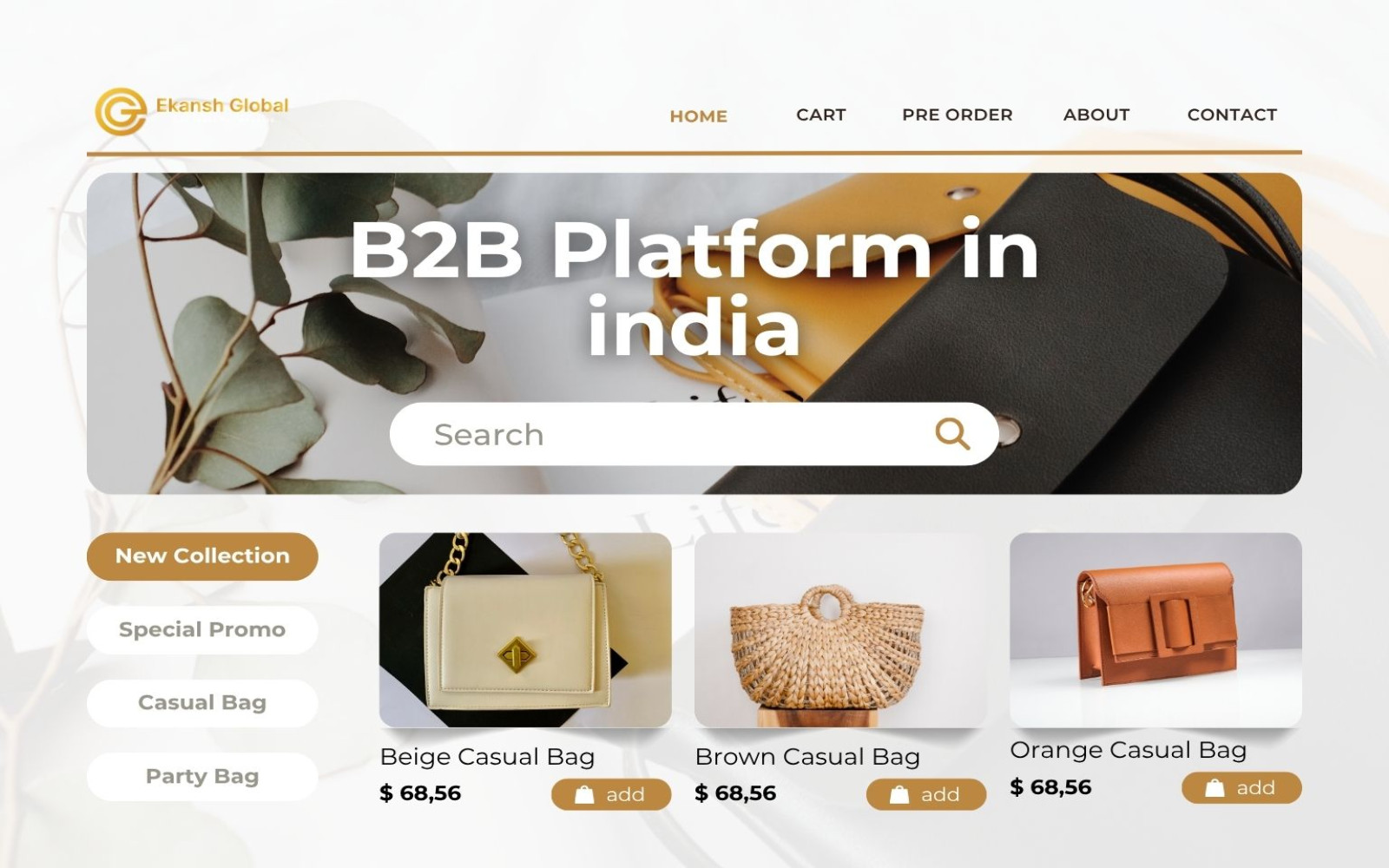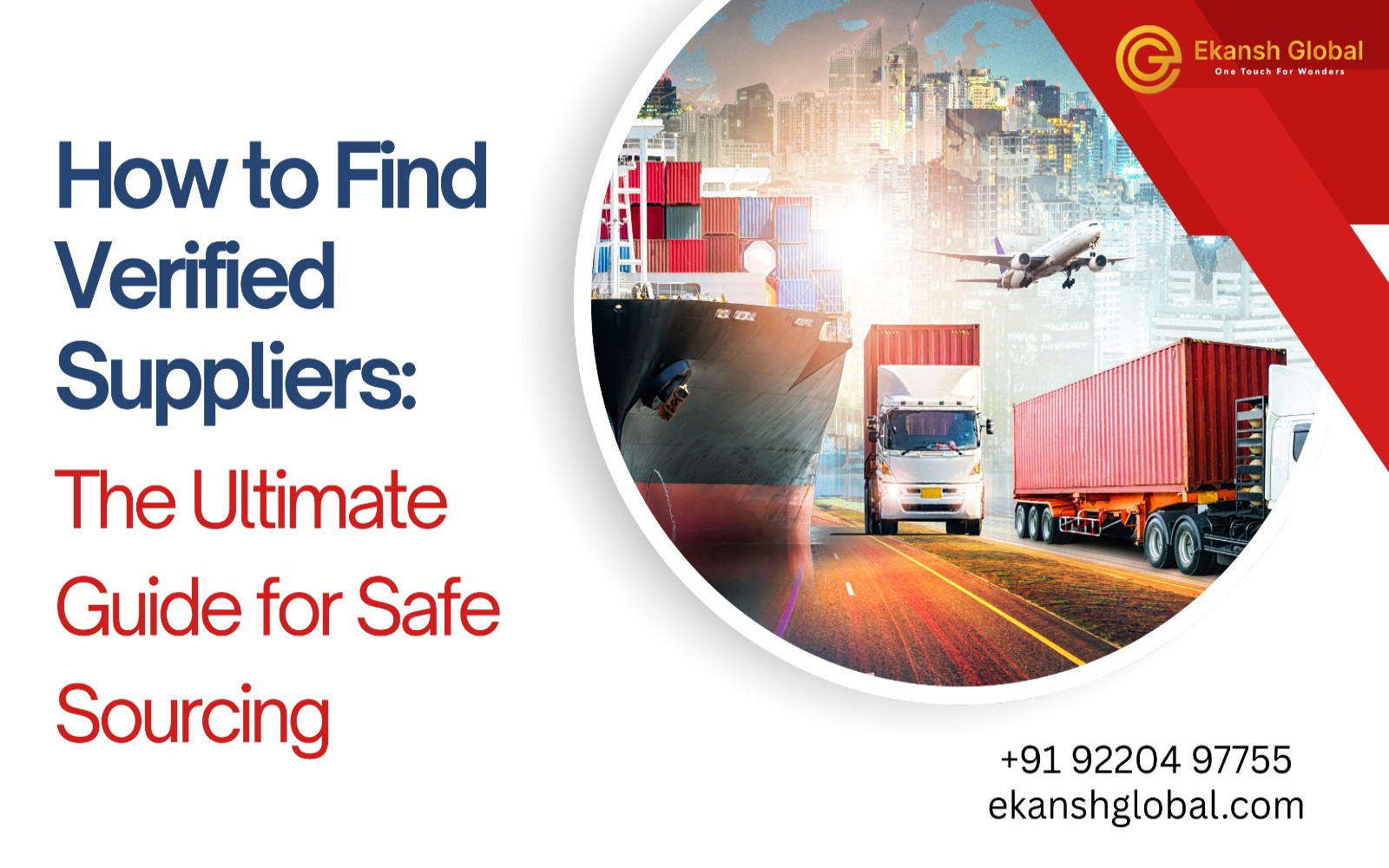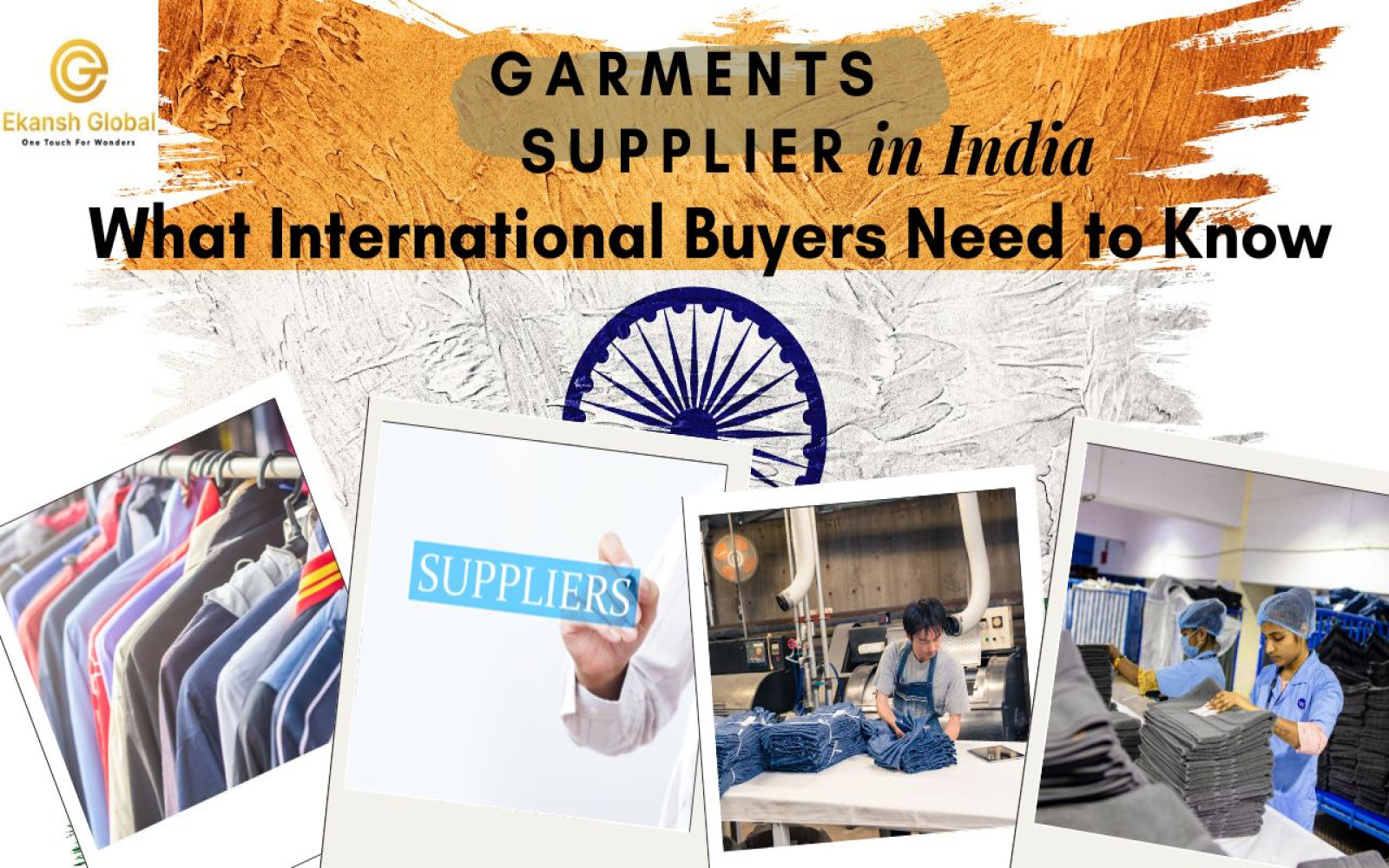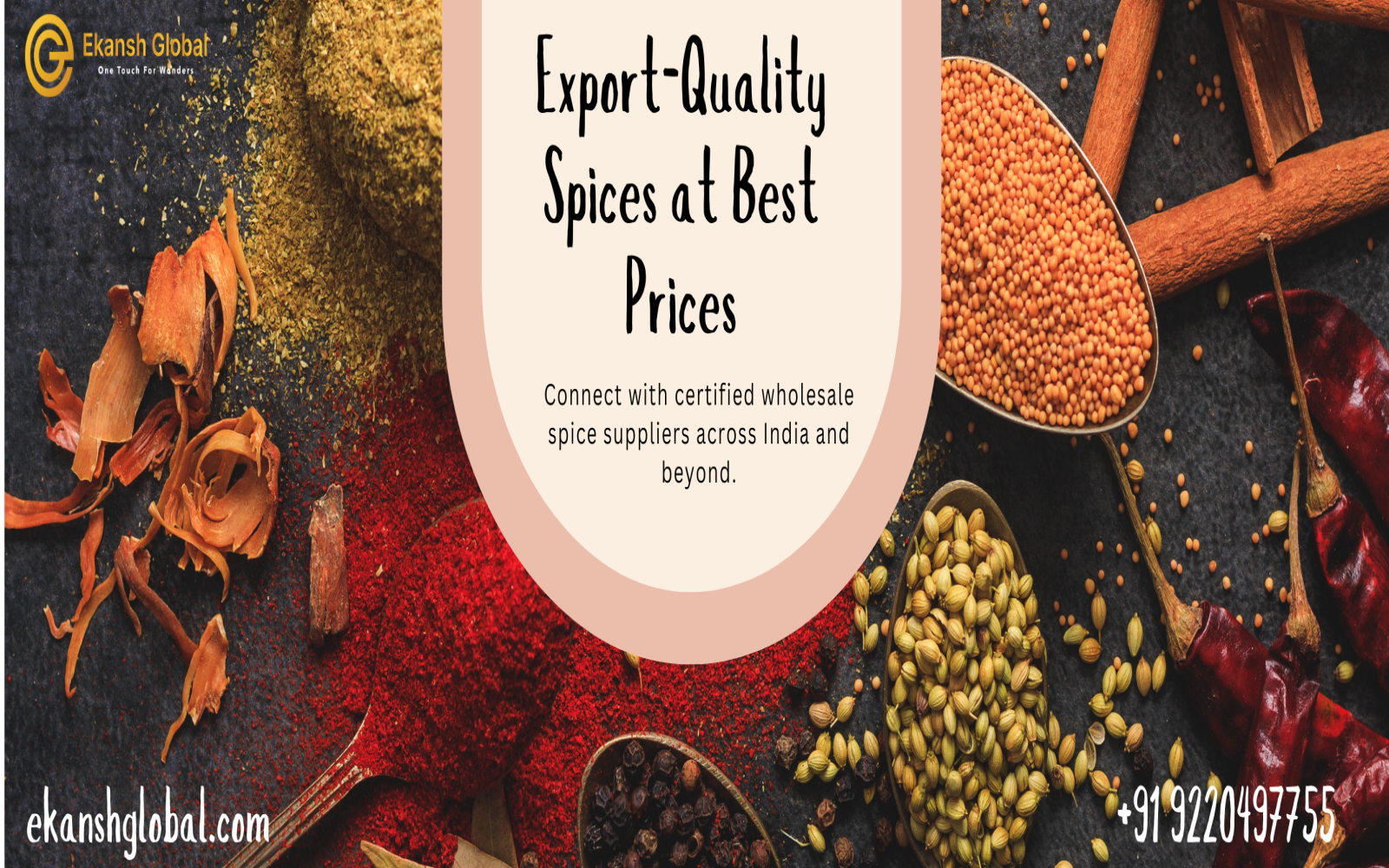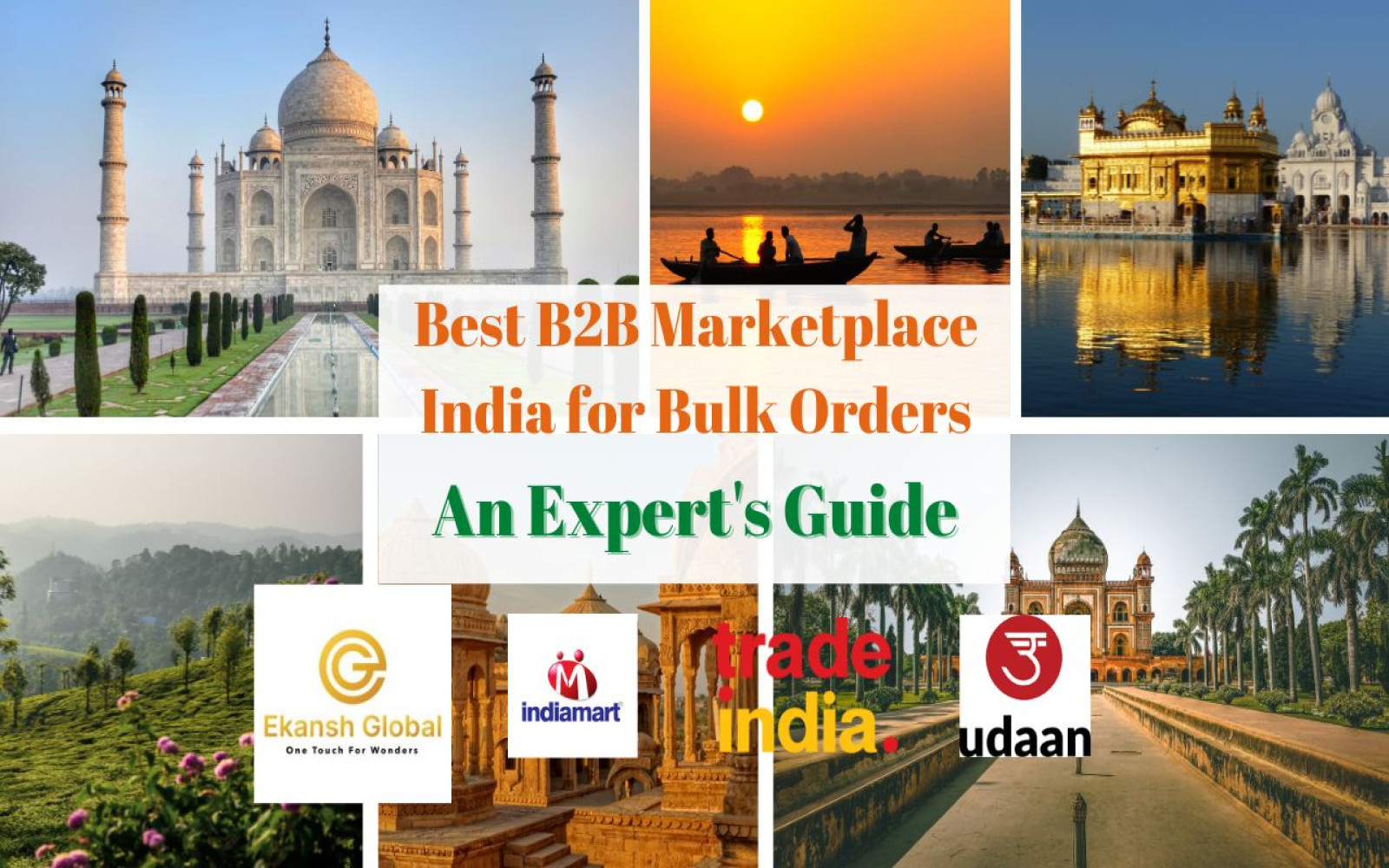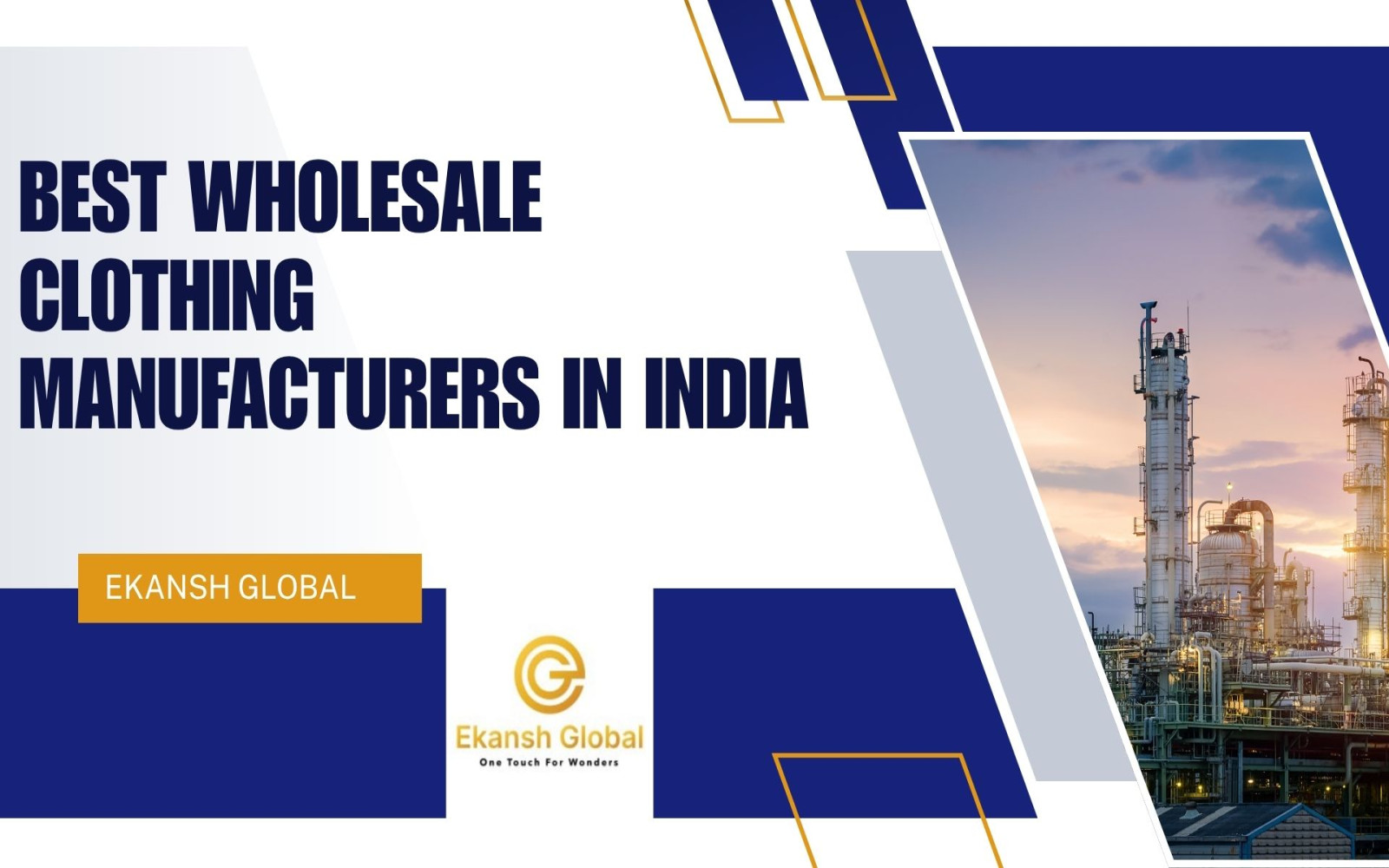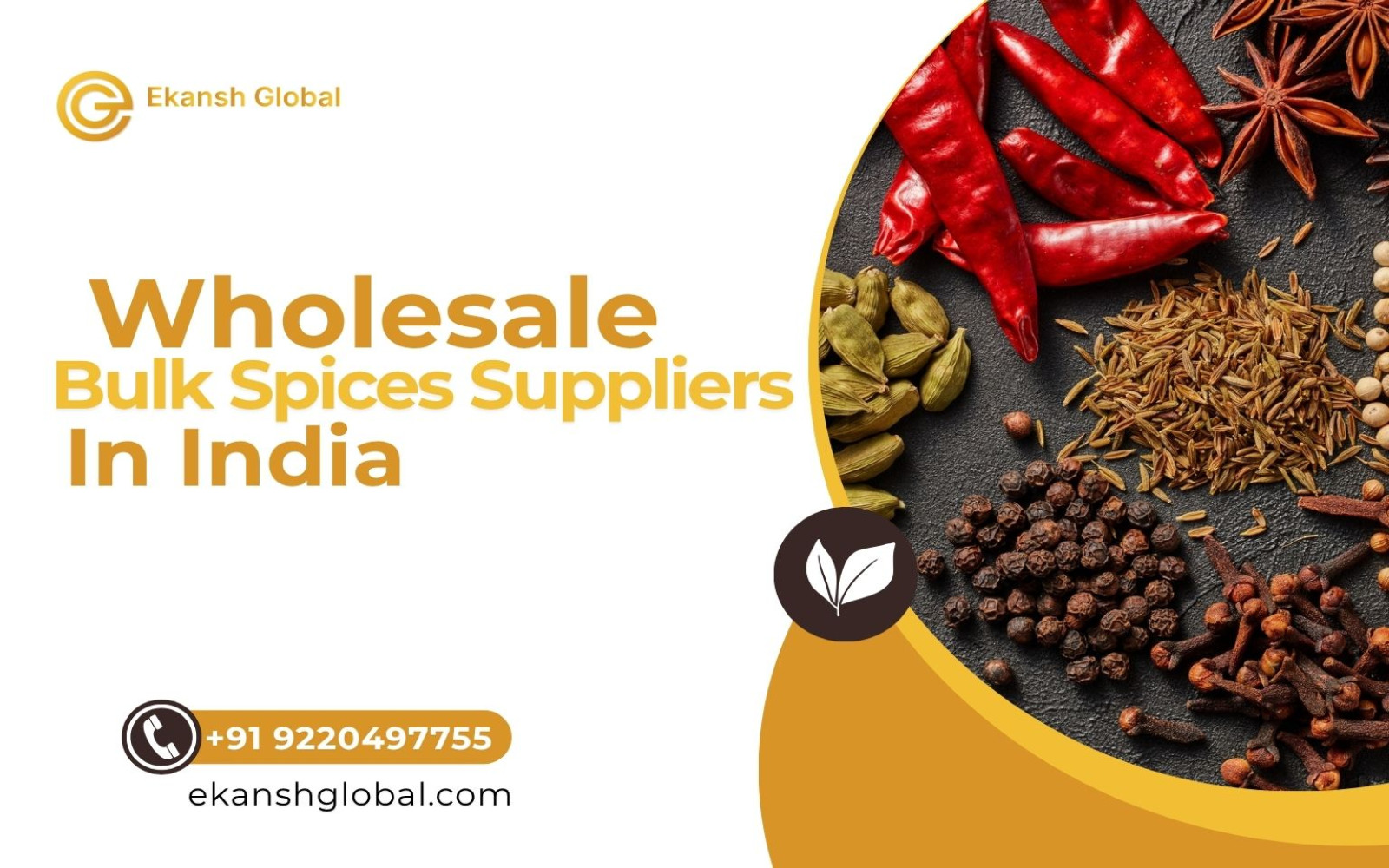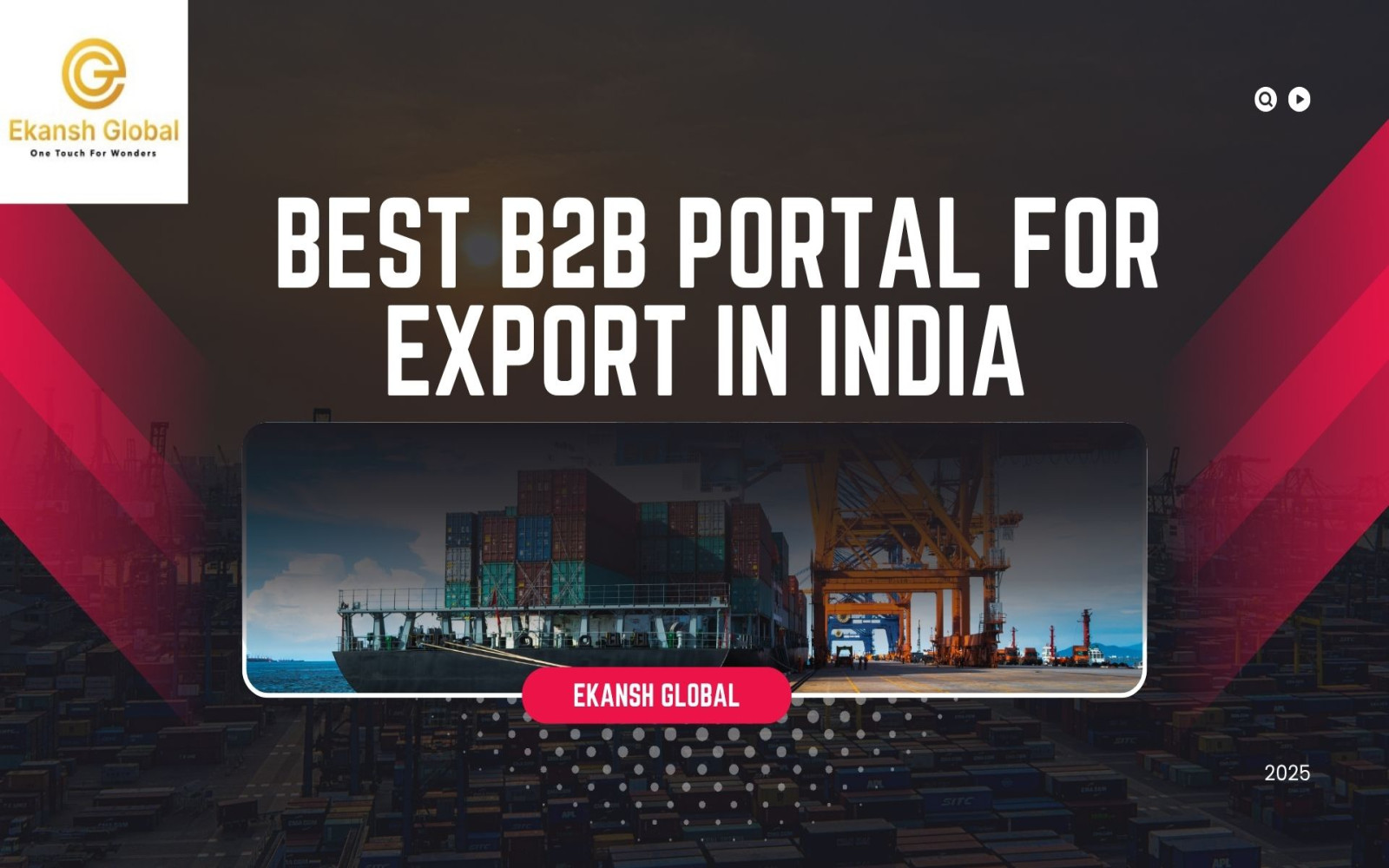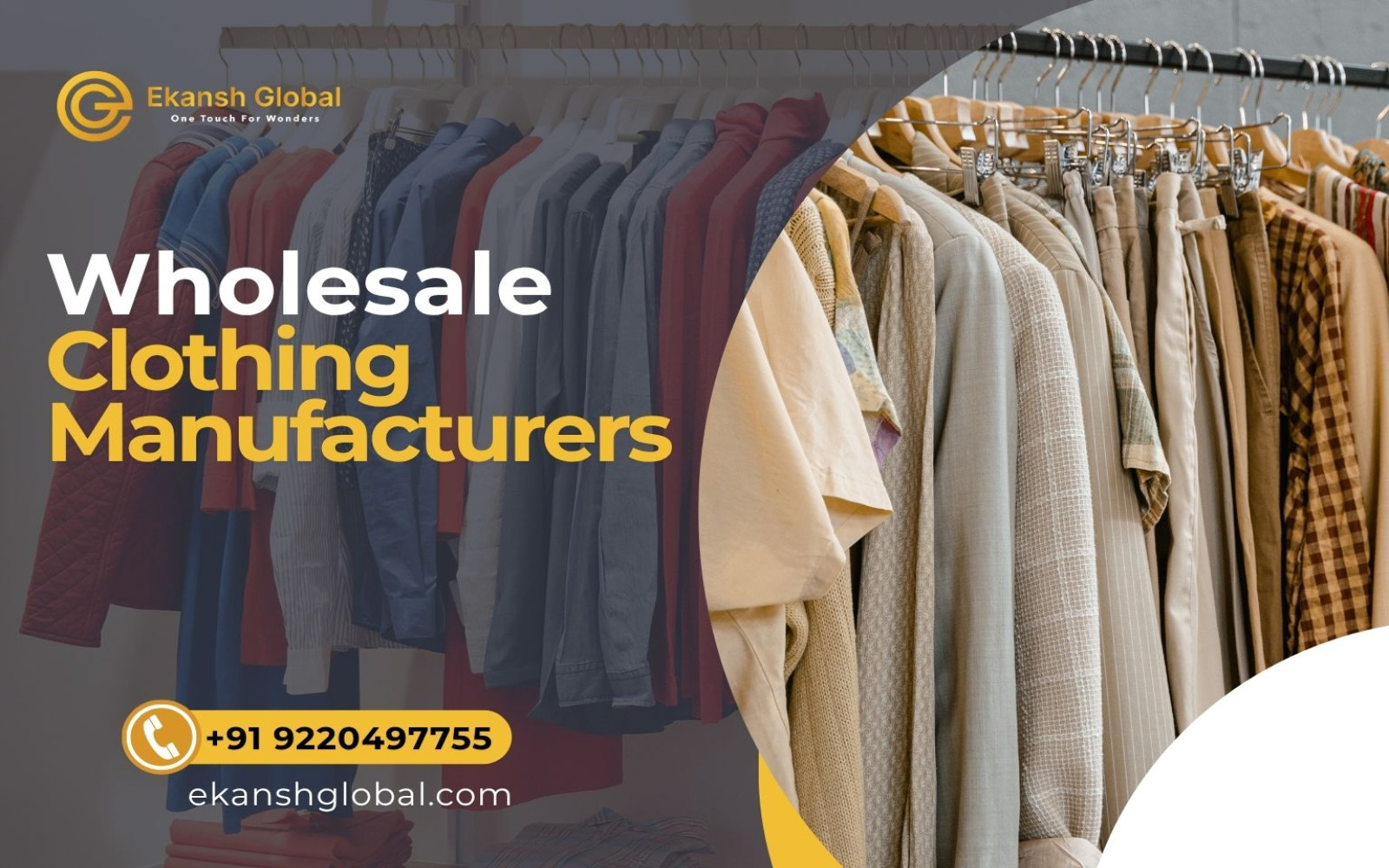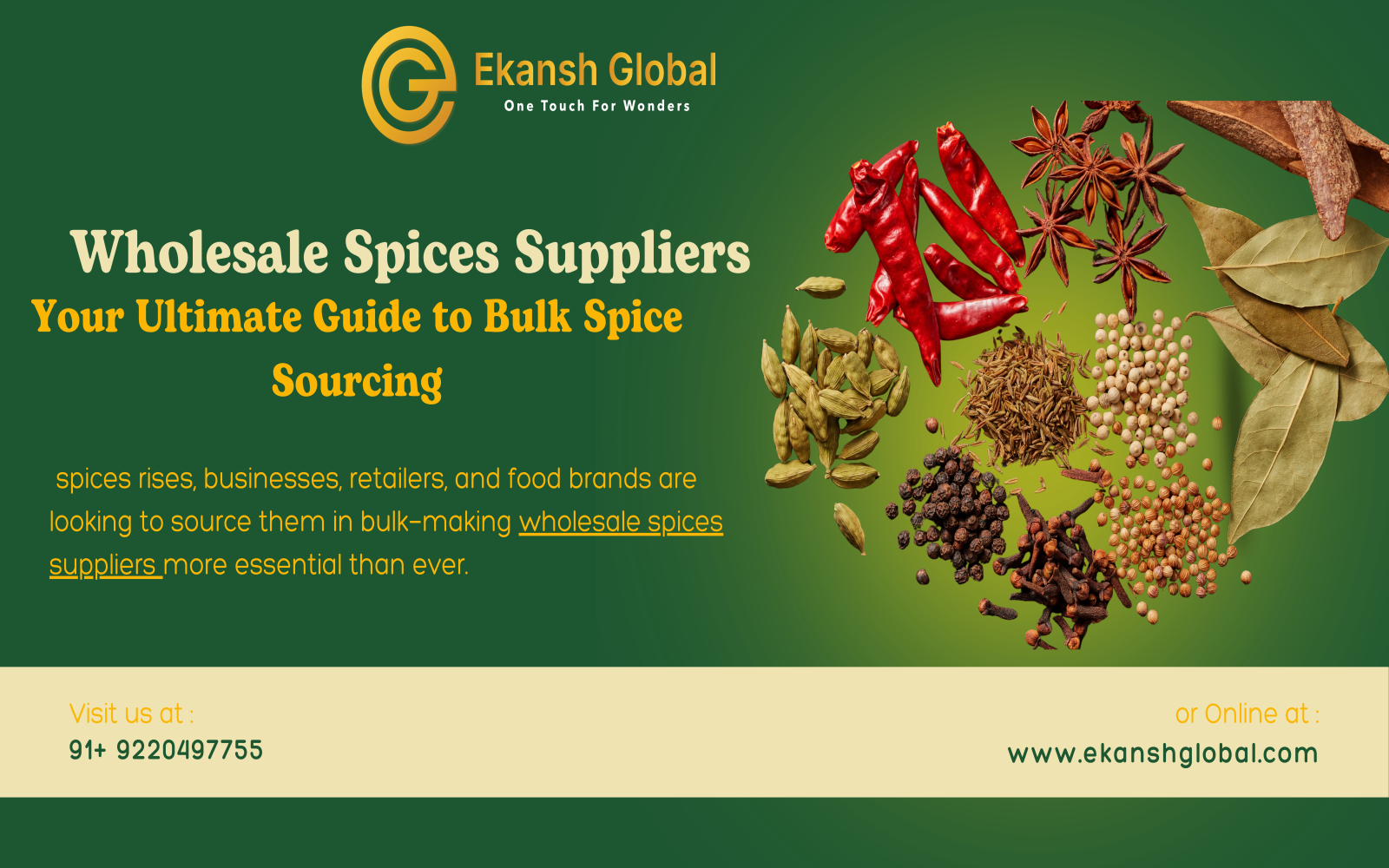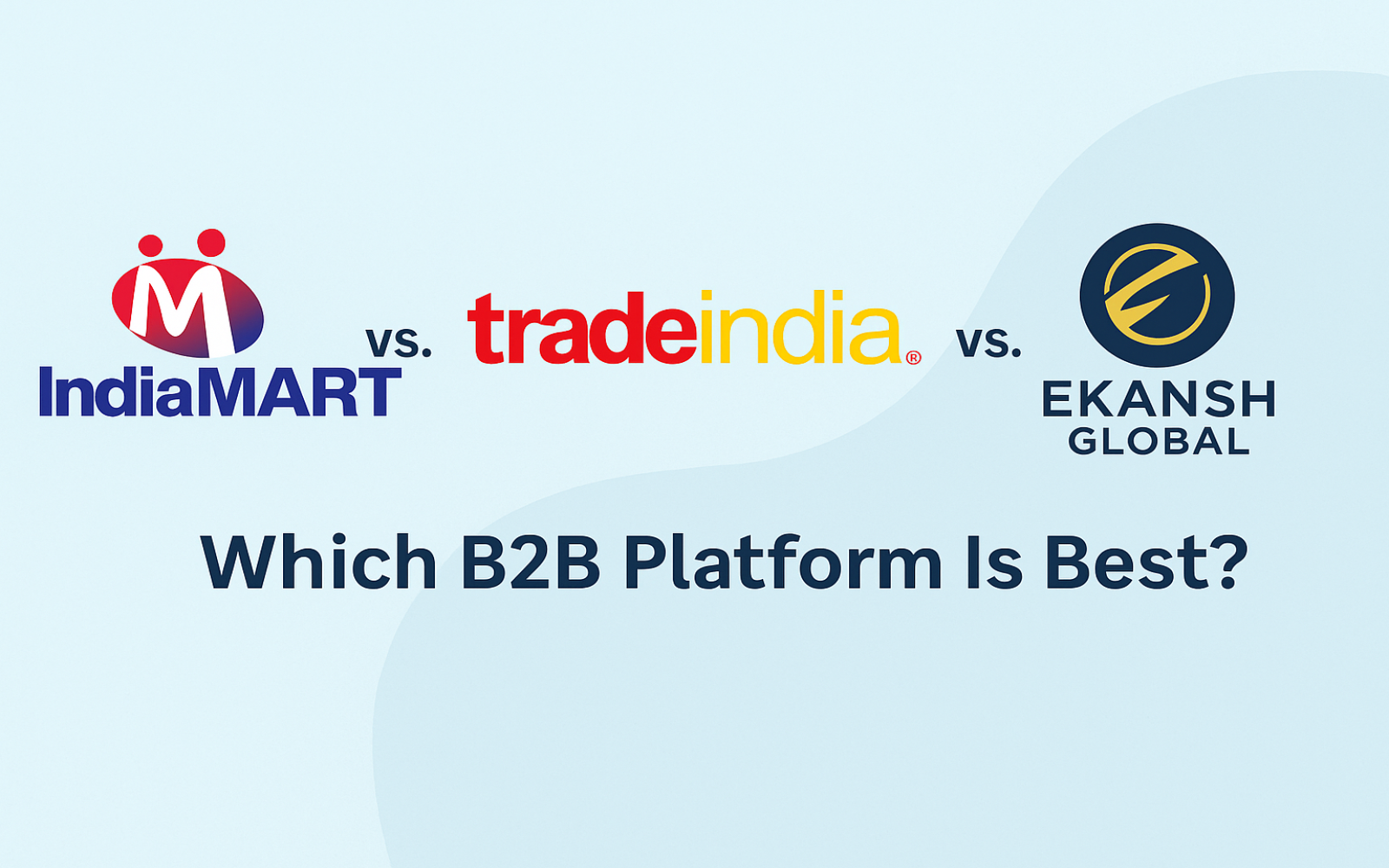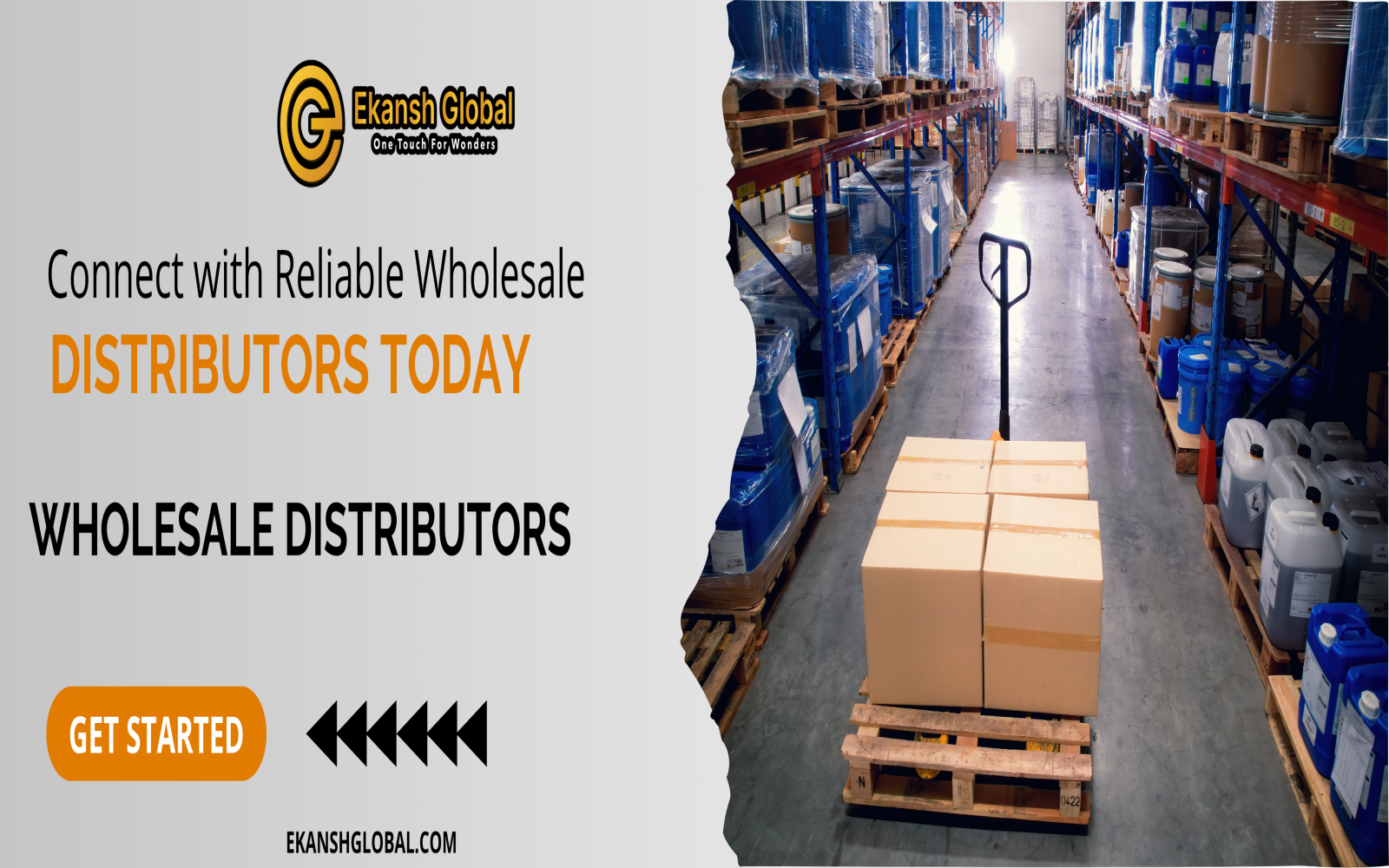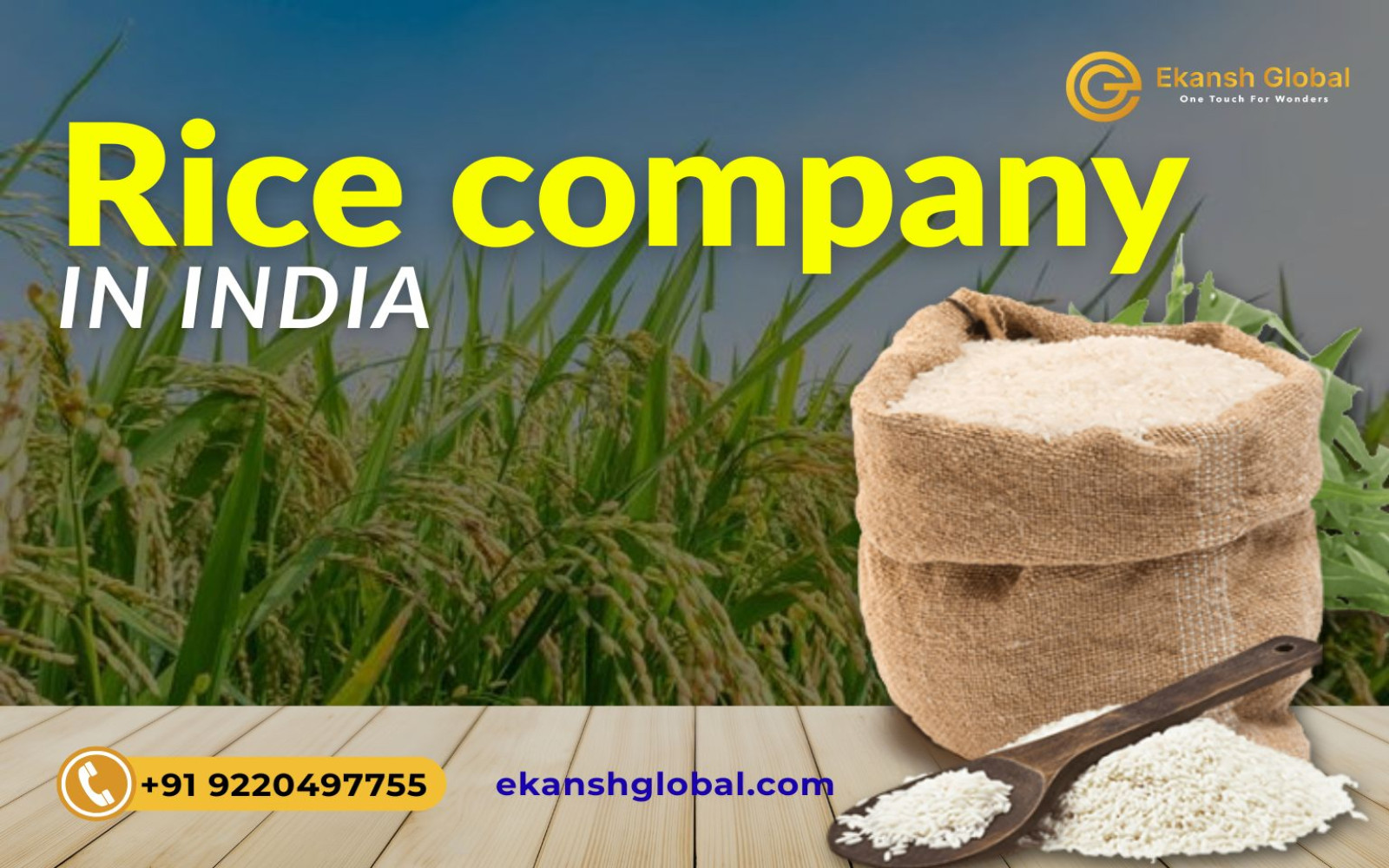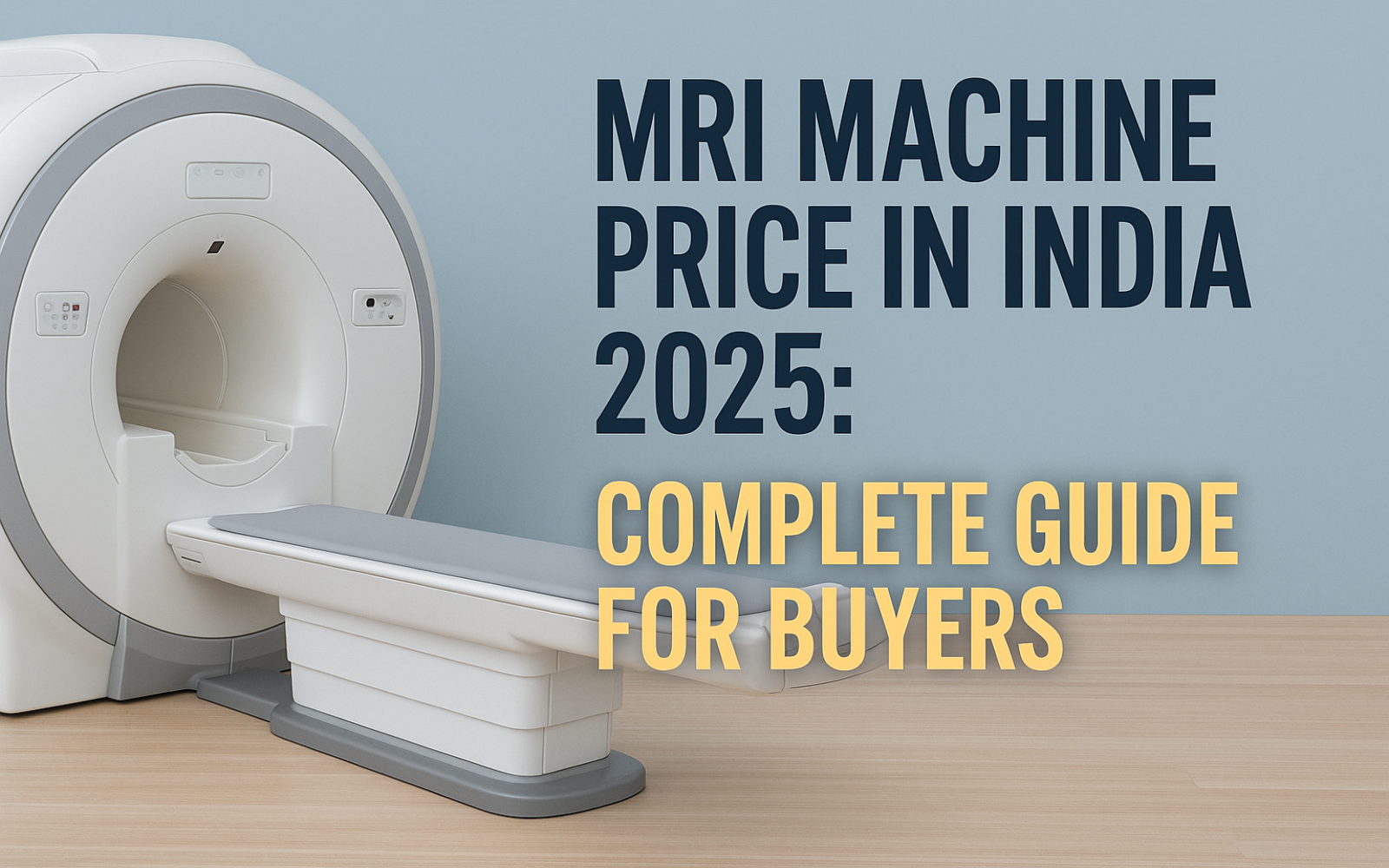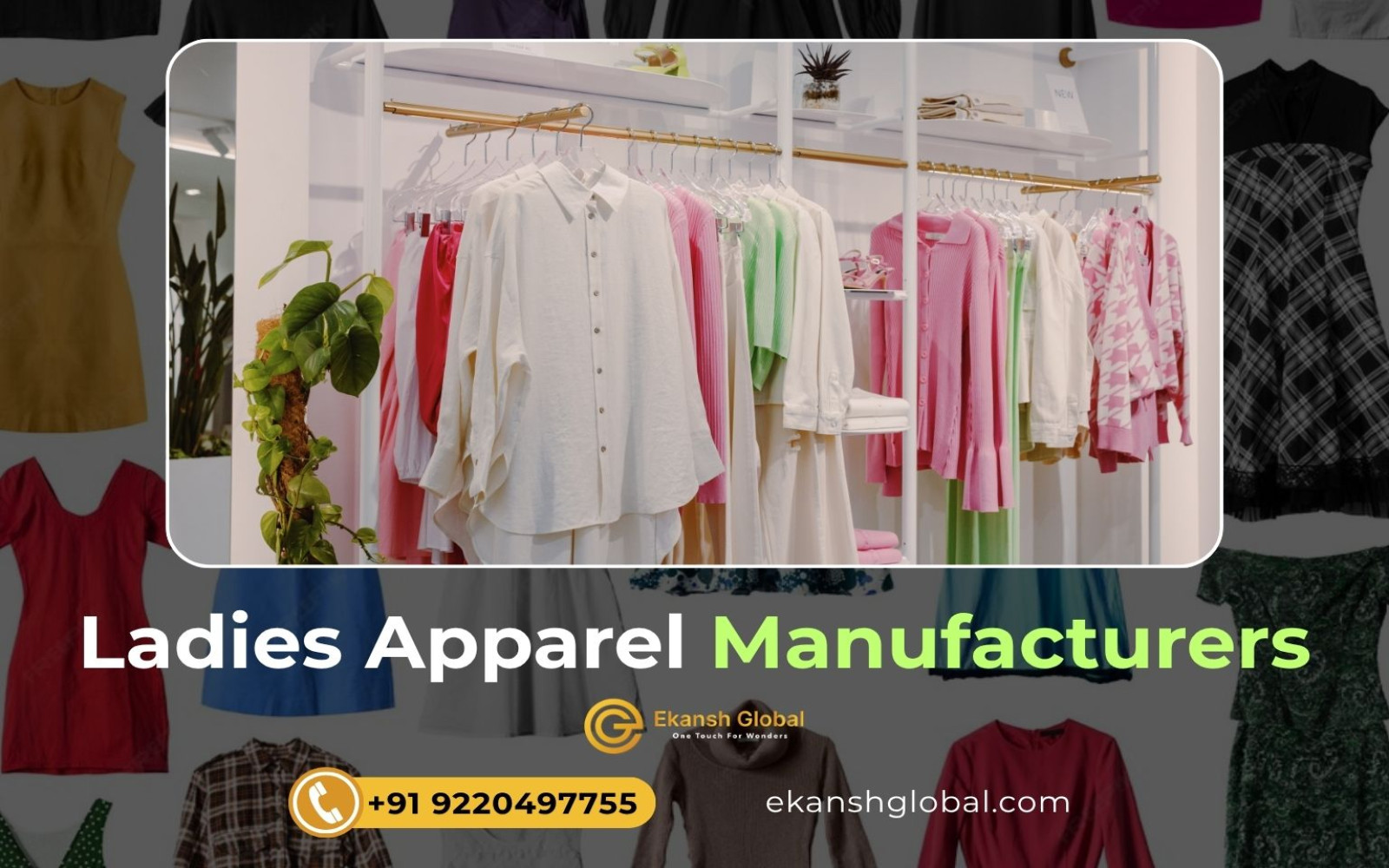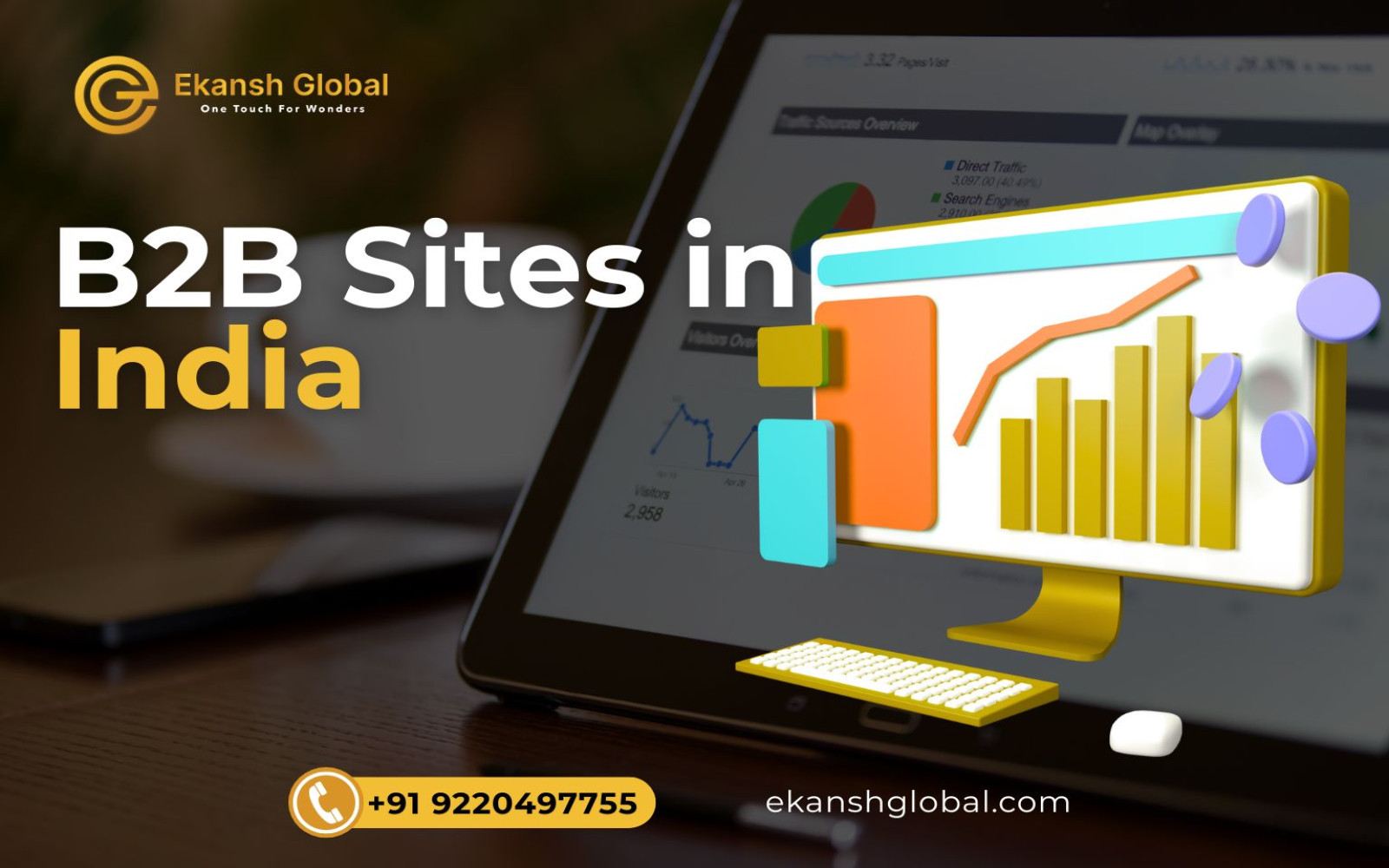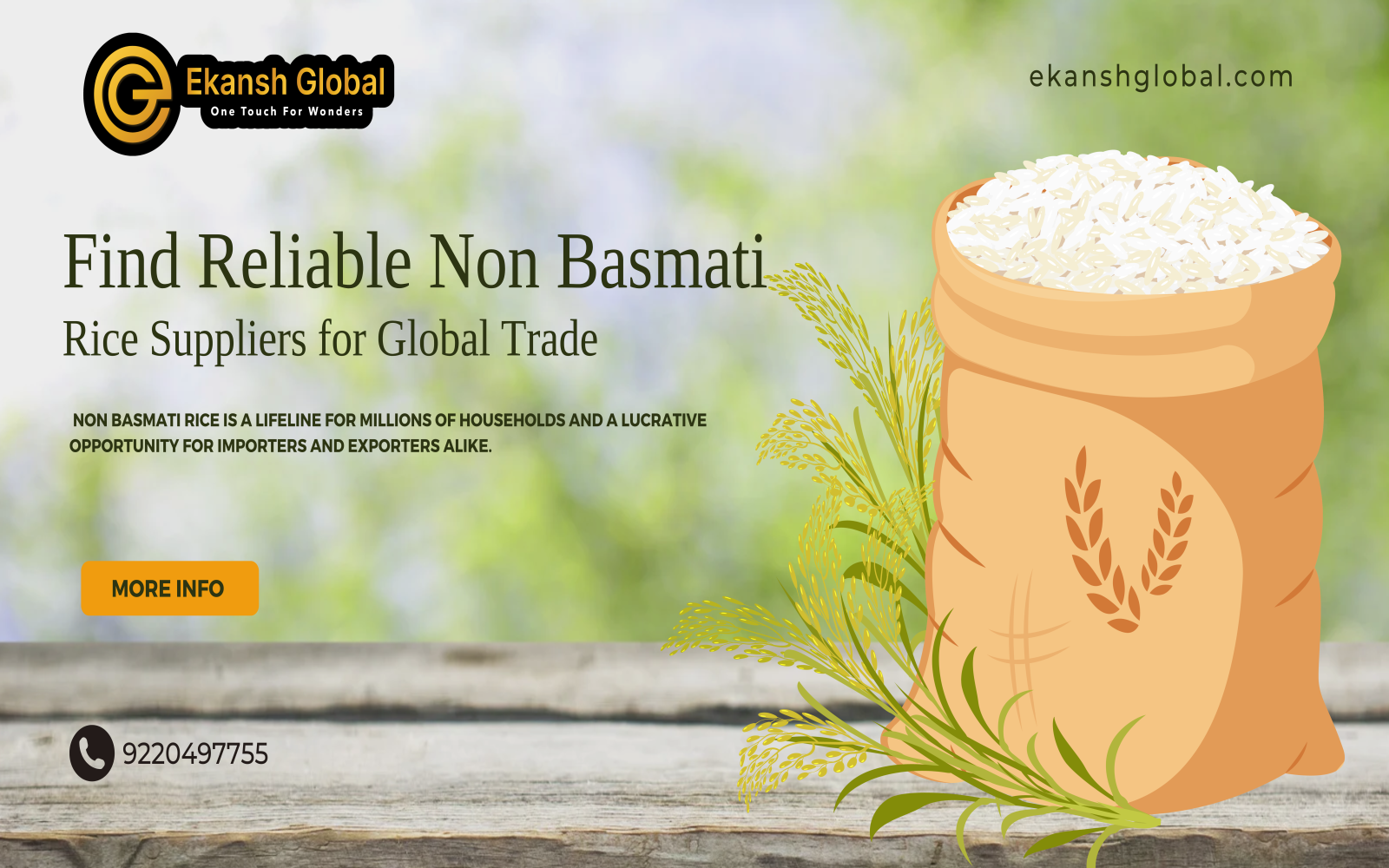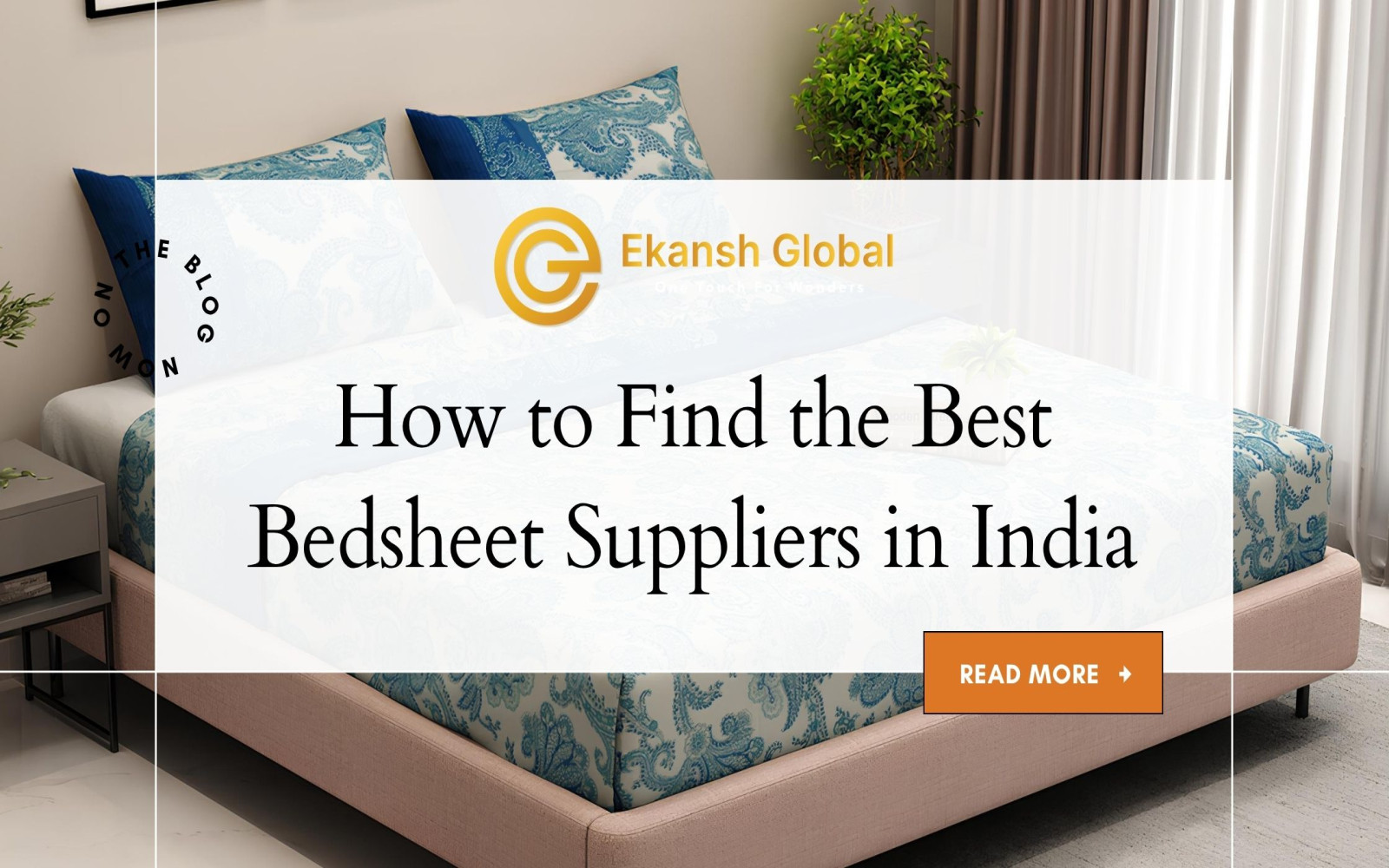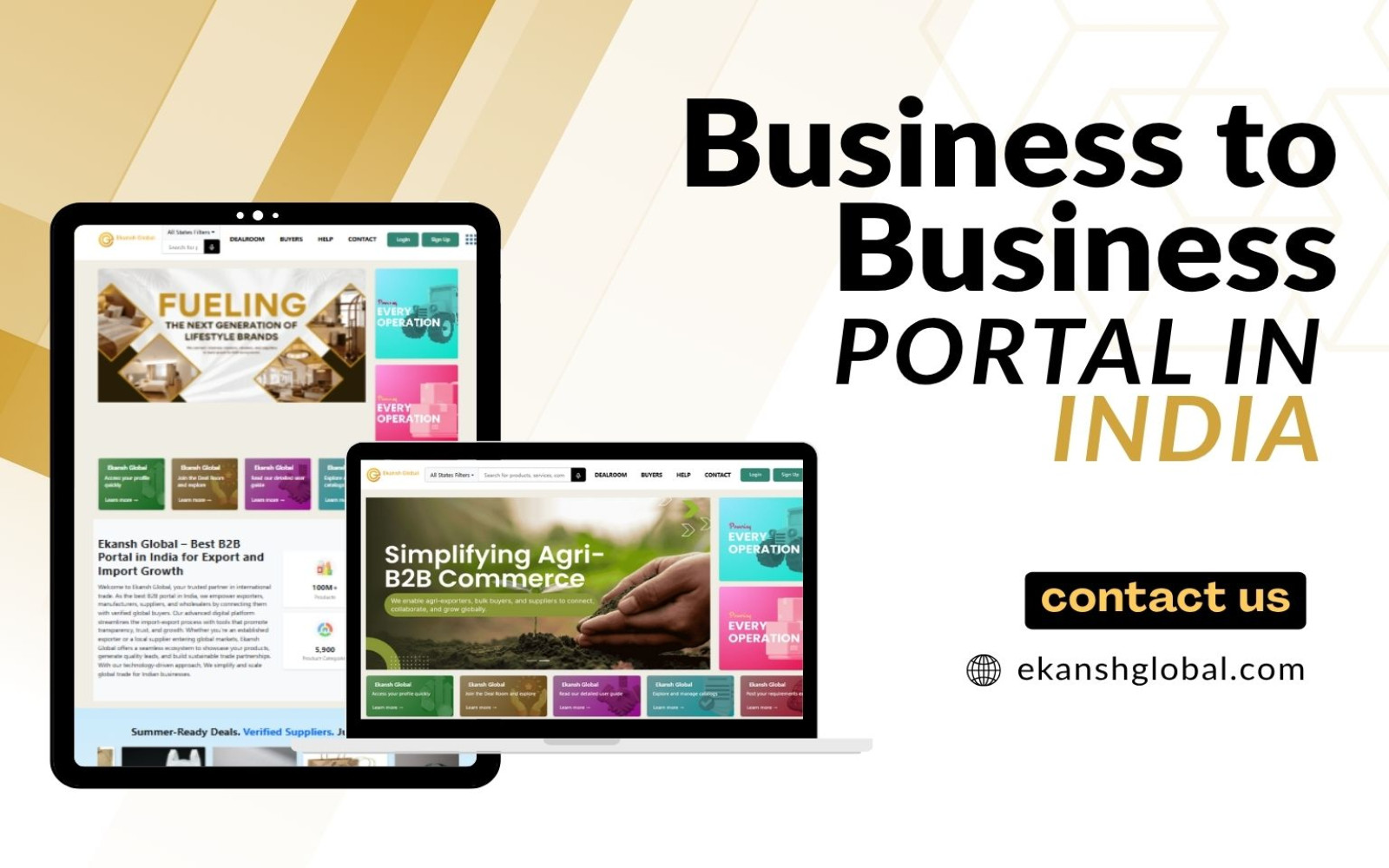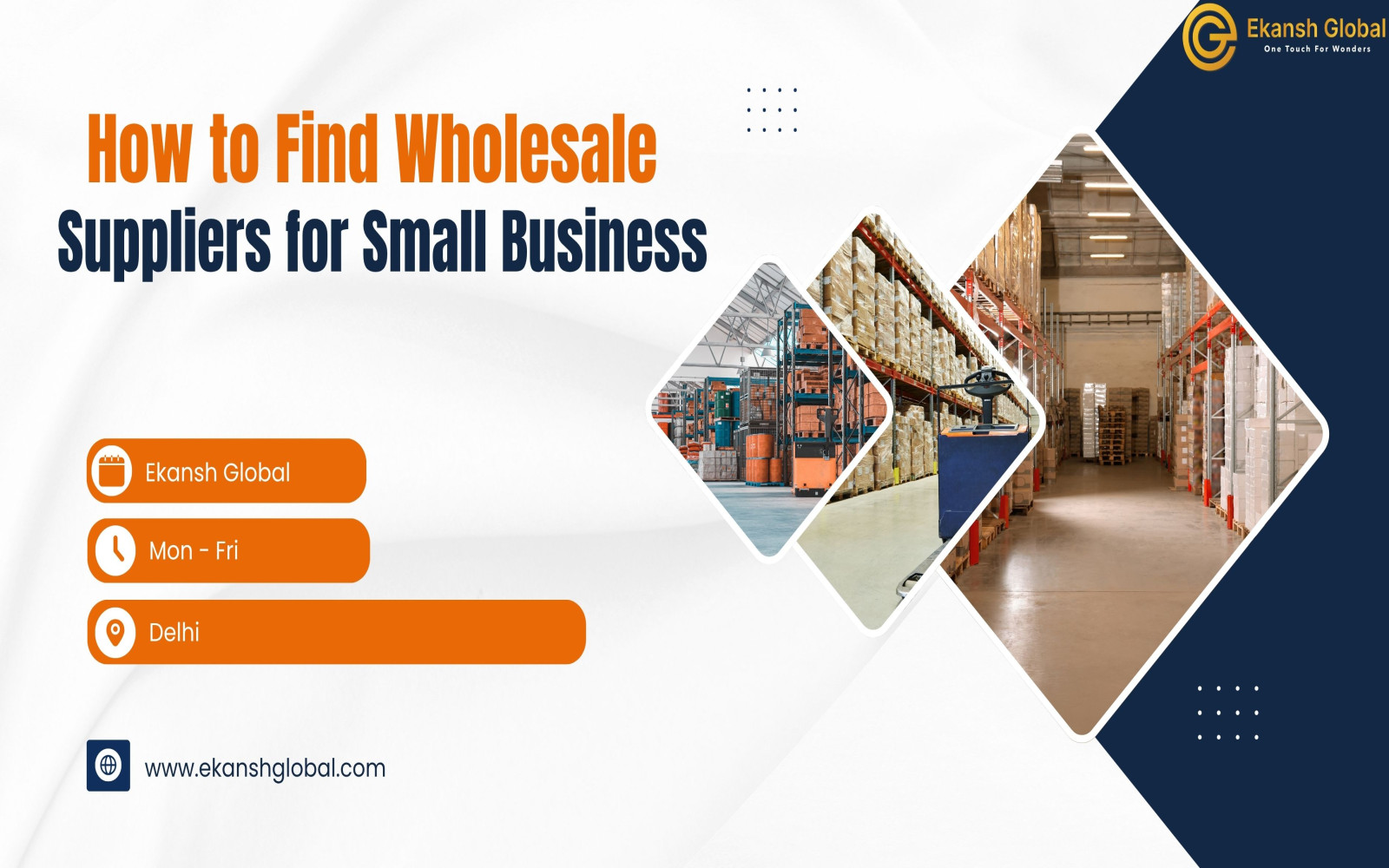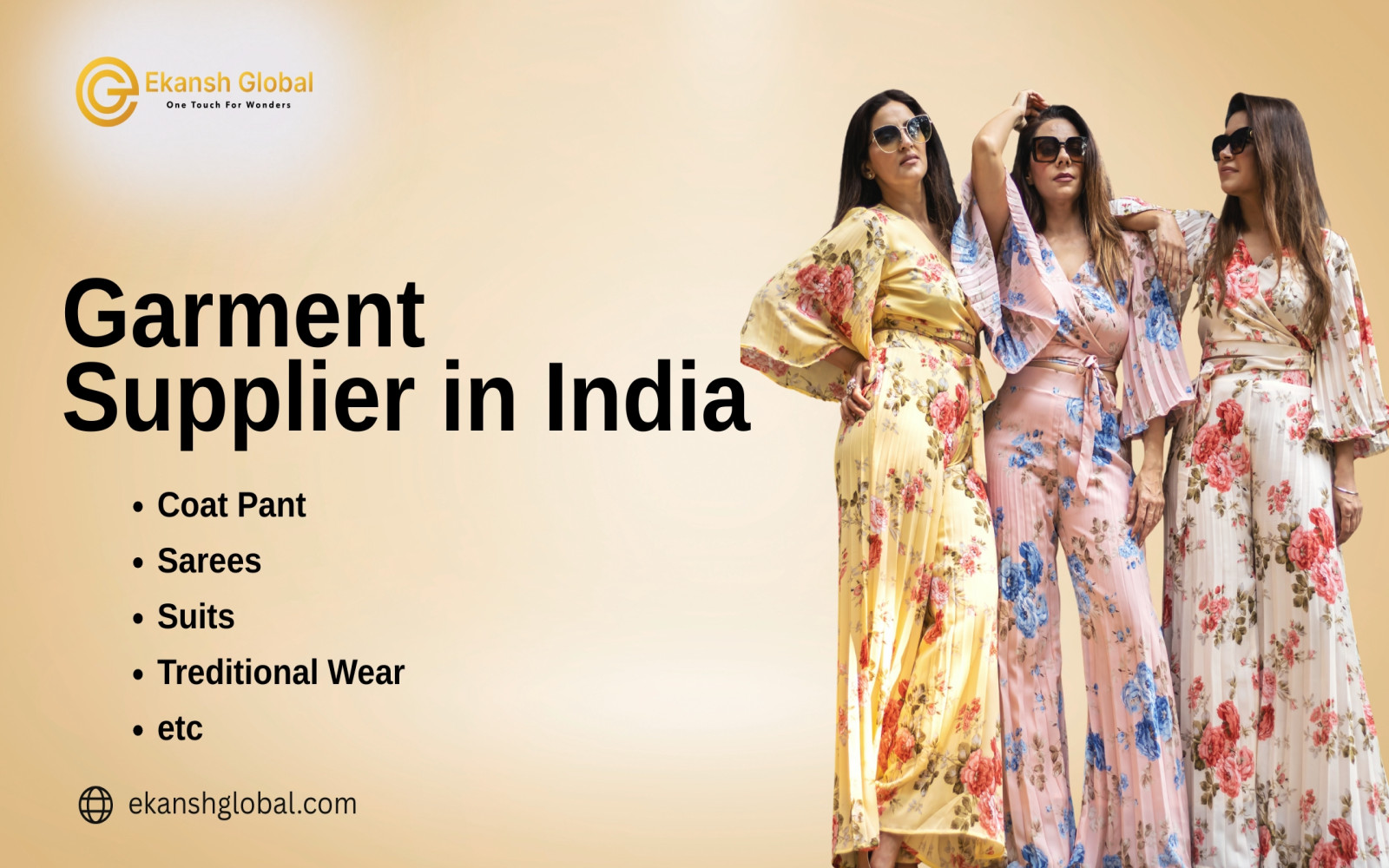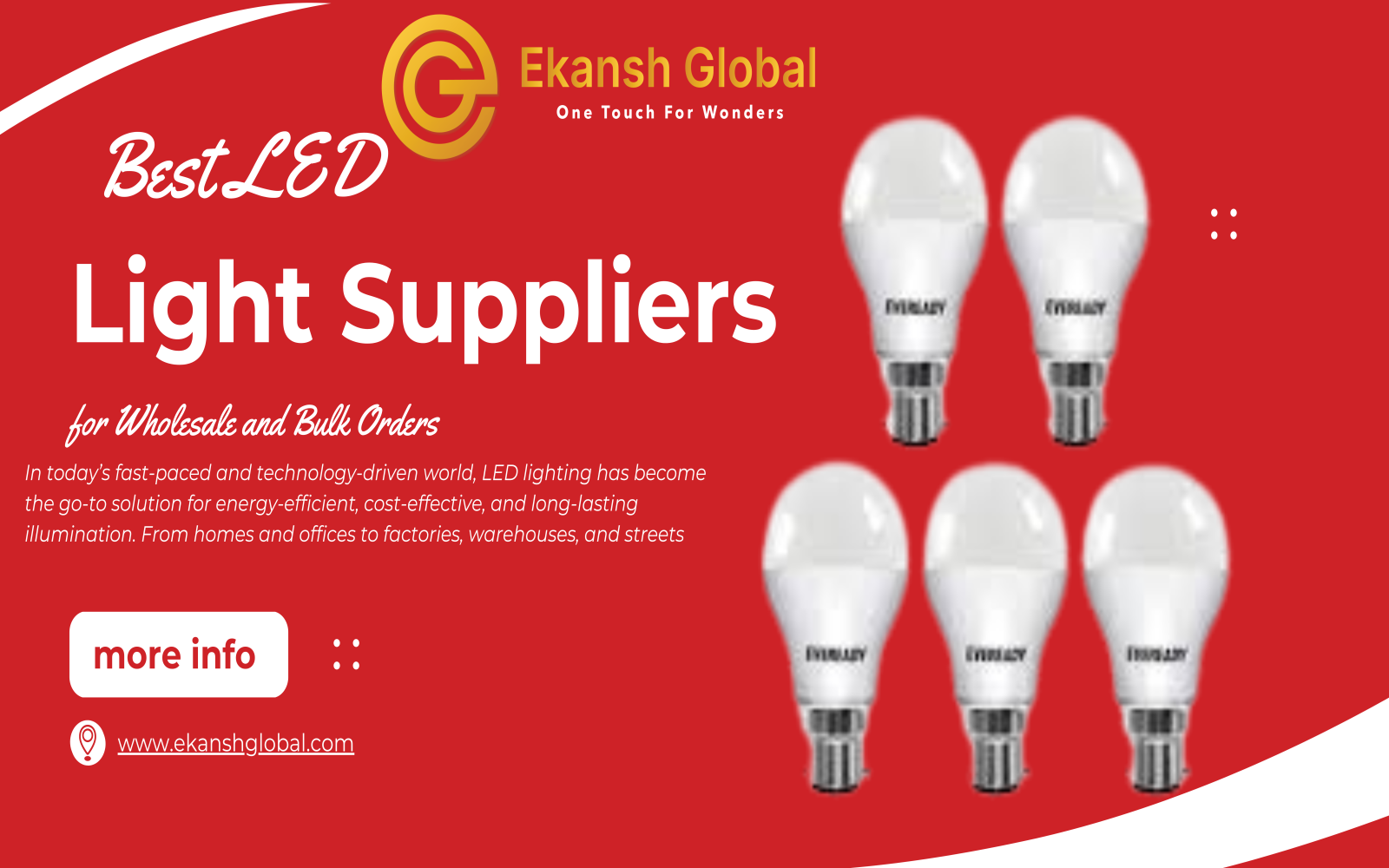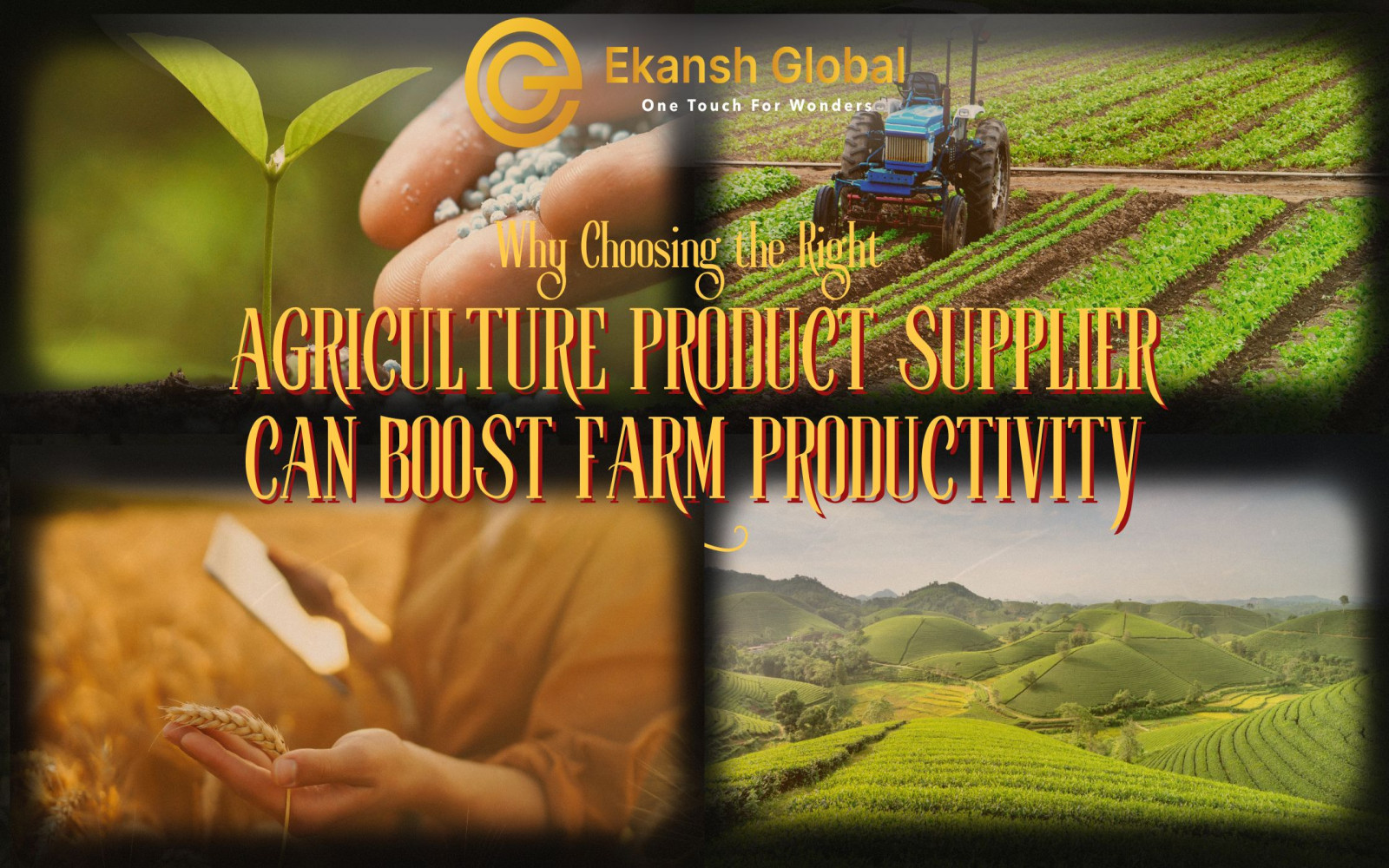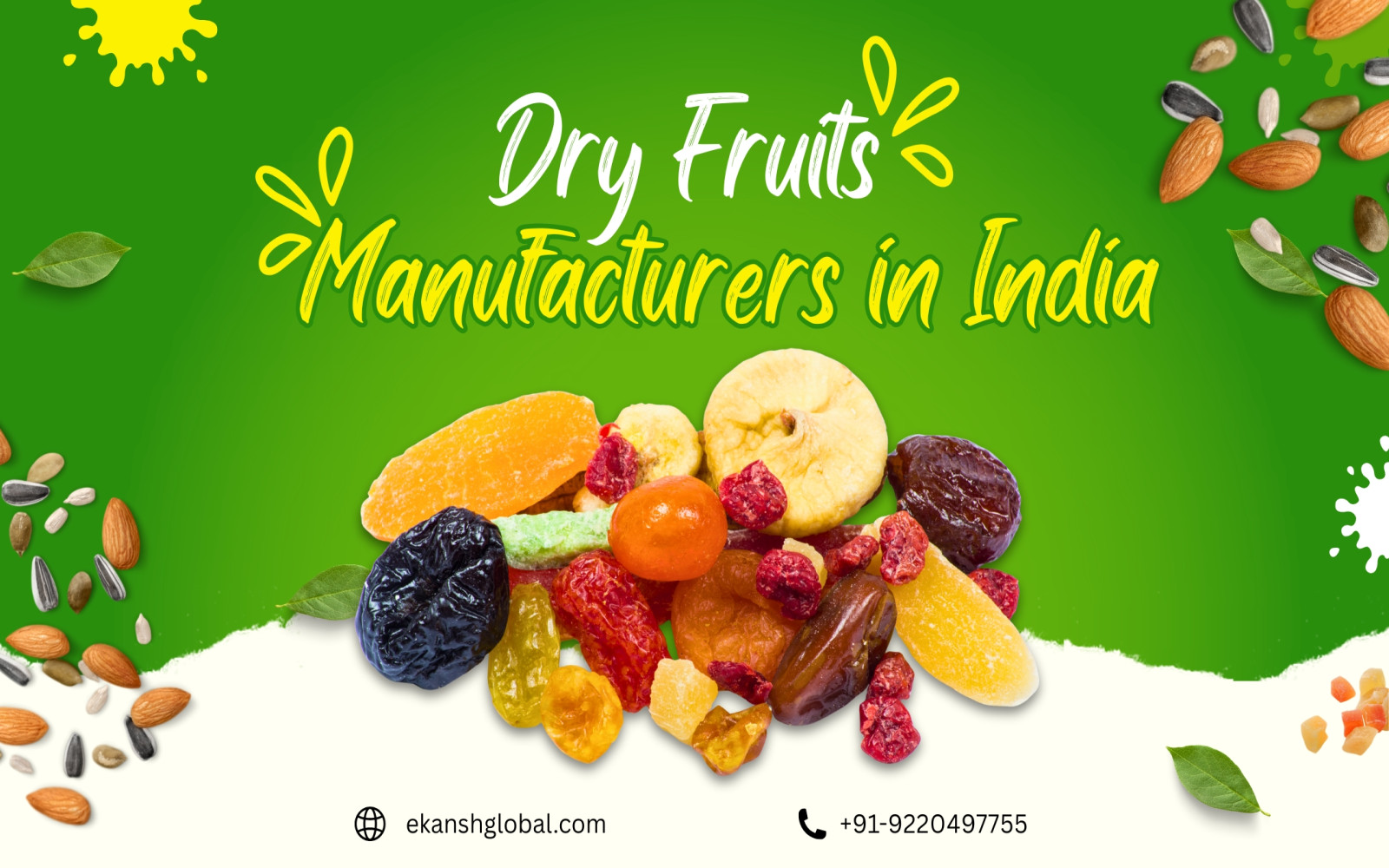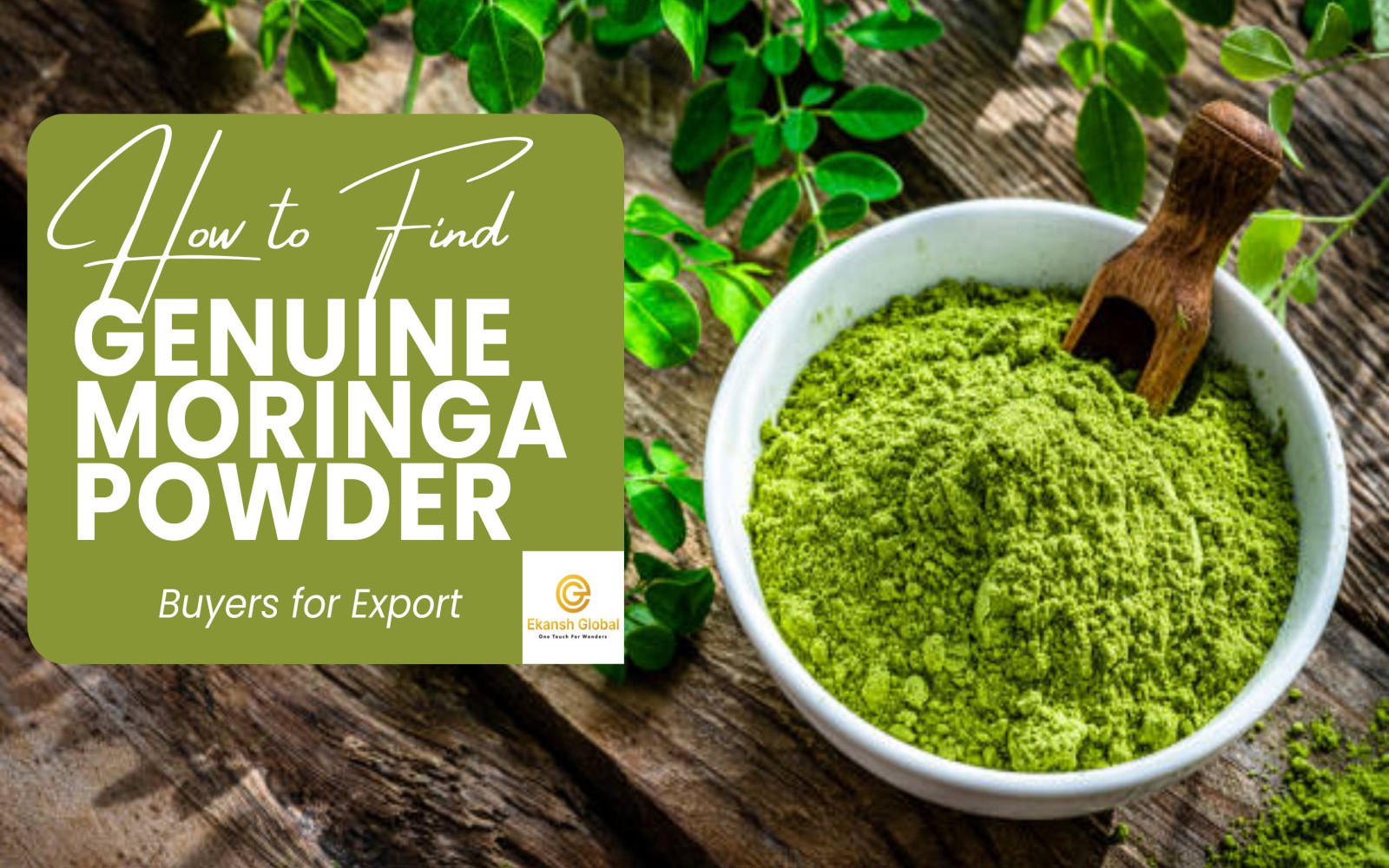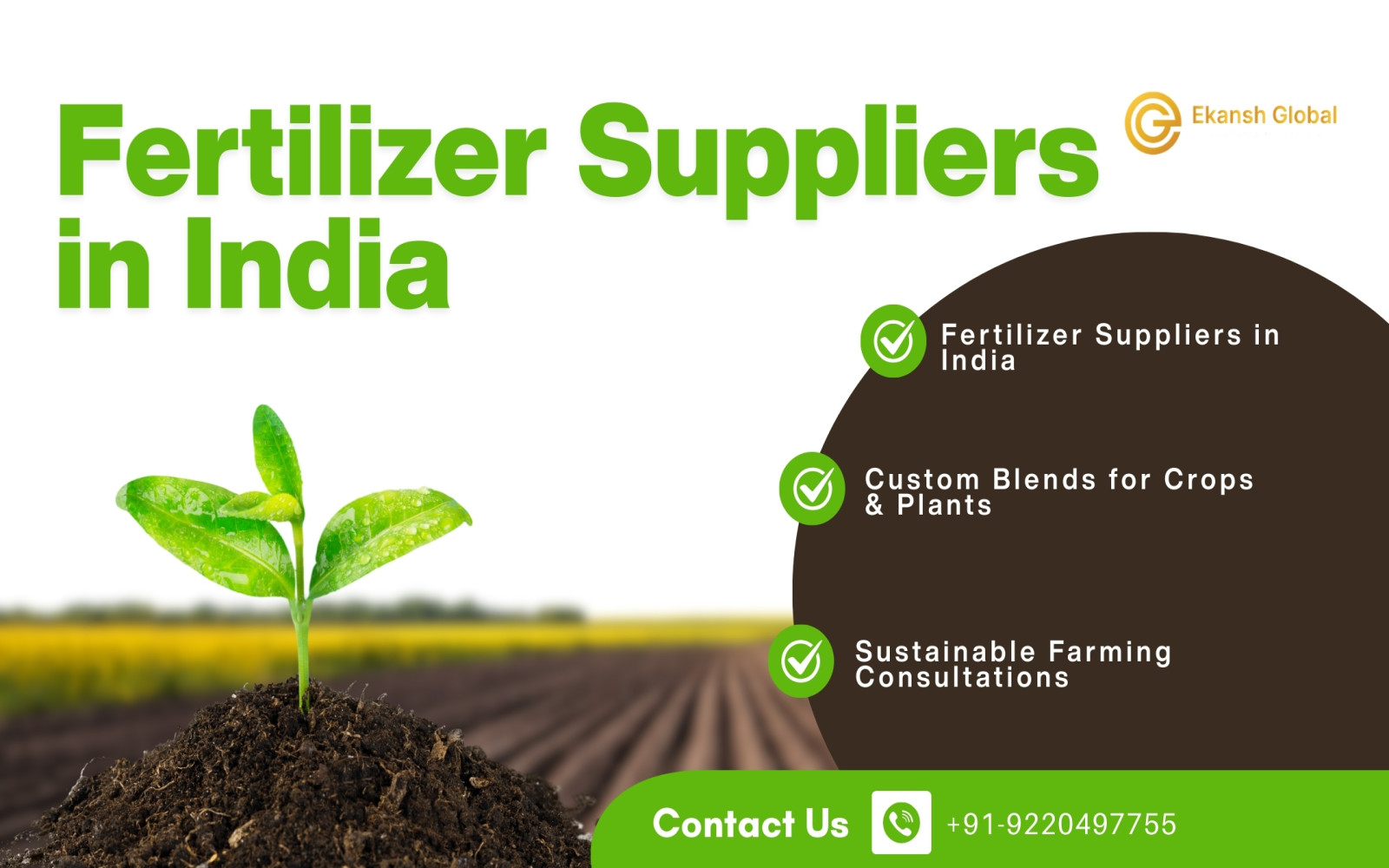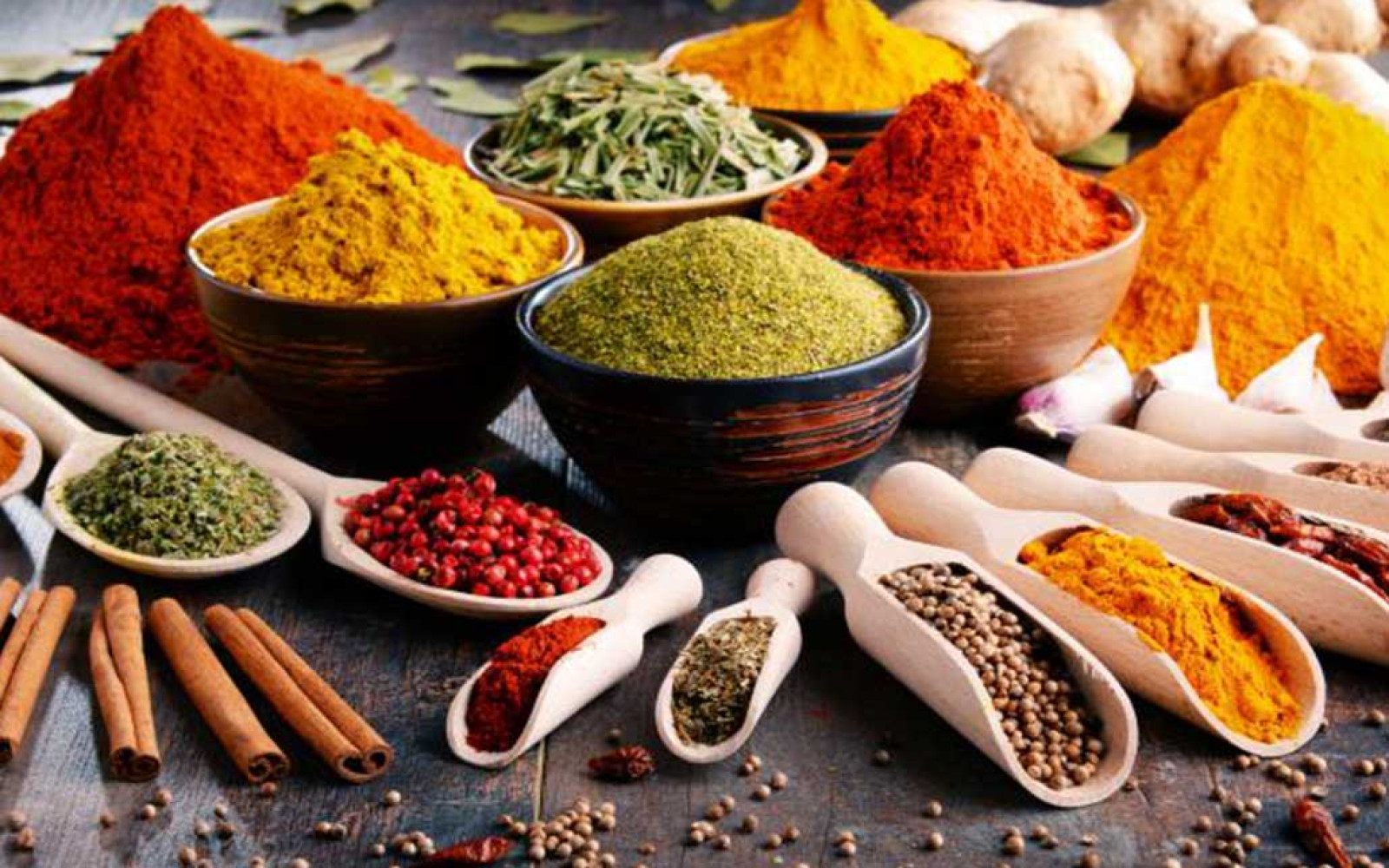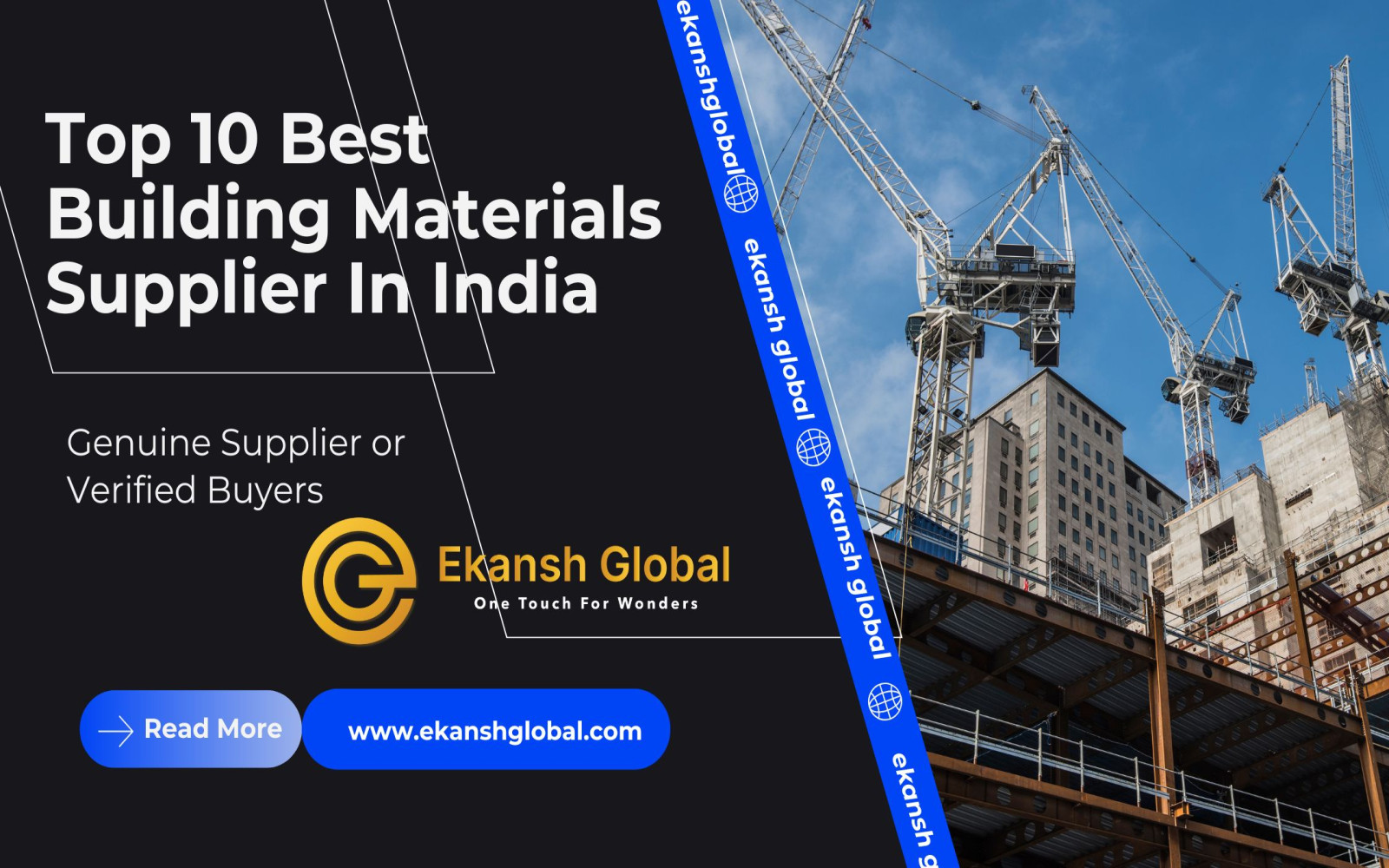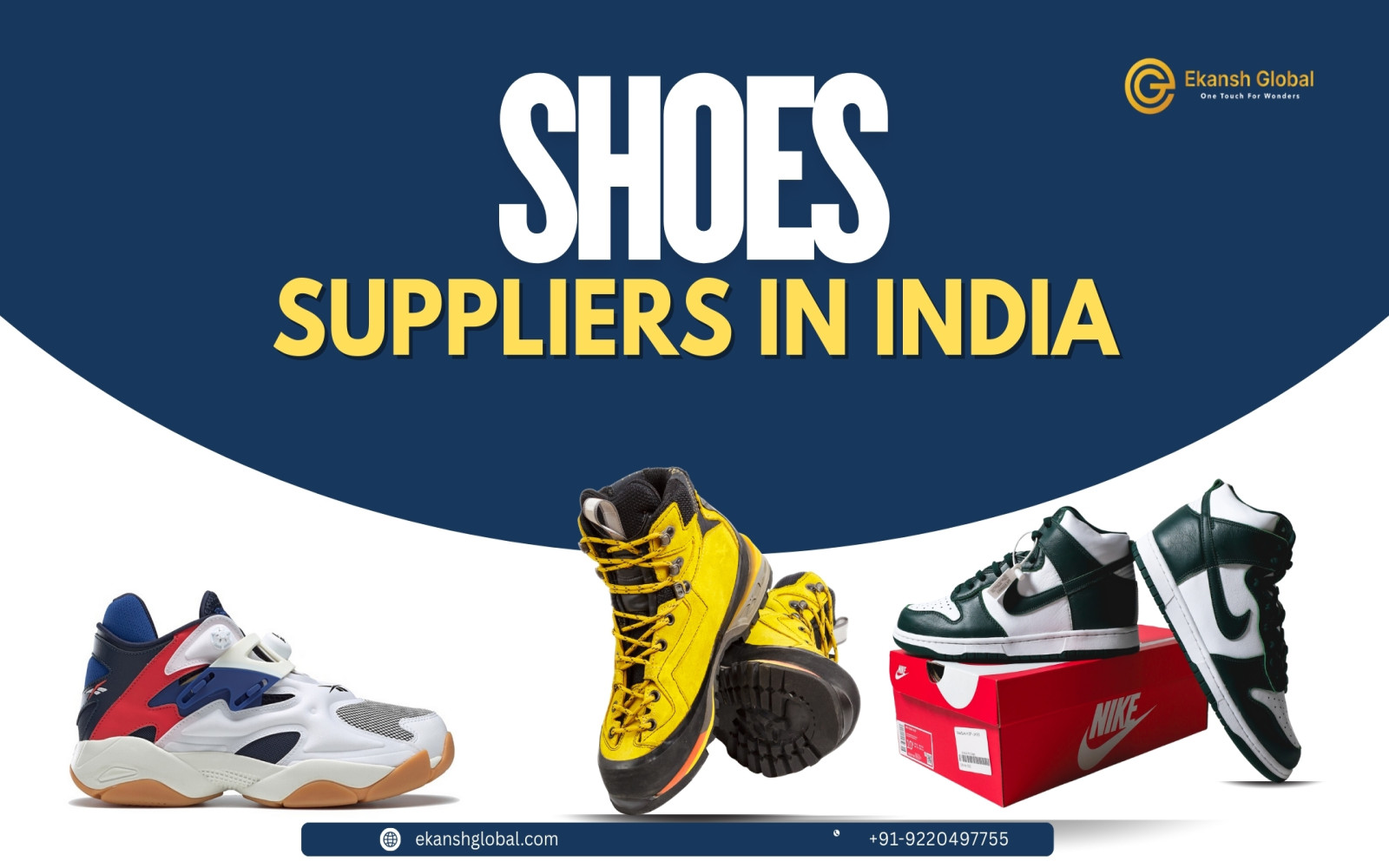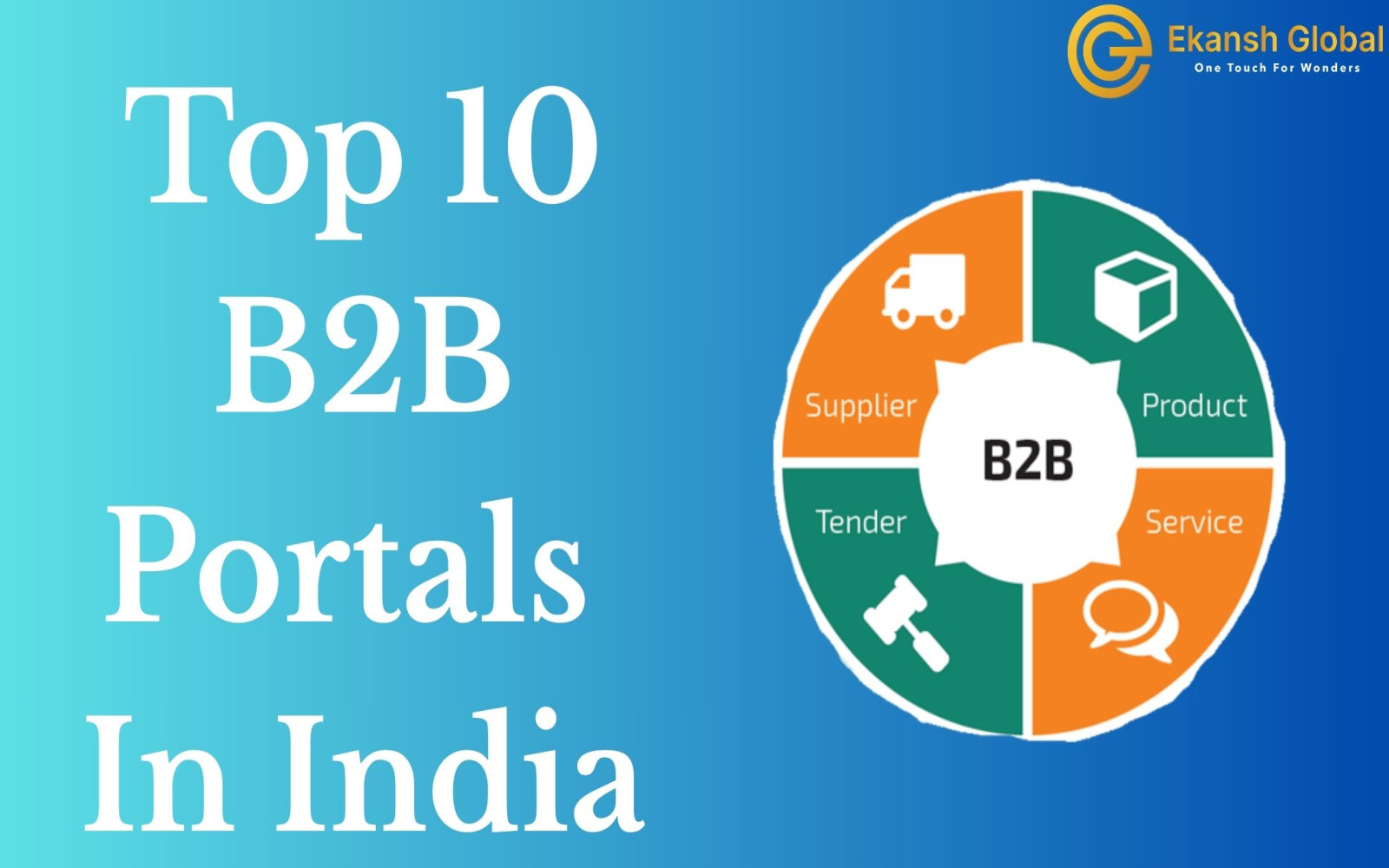Wholesale Distributors vs. Manufacturers: What’s the Difference?
Posted By: Admin
In the dynamic world of business and supply chains, the terms wholesale distributor" and "manufacturer" often come up in discussions about sourcing, inventory management, and product pricing. While these two players are both essential to the production and delivery of goods, they operate in very different ways. Understanding the key differences between wholesale distributors and manufacturers is crucial for business owners, retailers, and even consumers who want to gain better insights into how products reach the market.
This article explores the distinct roles, responsibilities, benefits, and challenges of both wholesale distributors and manufacturers, helping you decide which is the right partner for your business needs.
What is a manufacturer?
A manufacturer is a company or entity that creates finished products from raw materials. Using specialized machinery, skilled labor, and systematic processes, manufacturers transform base components into usable goods. These goods can be anything from clothing and electronics to food products and industrial tools.
Key Functions of a Manufacturer:
Product Design and Development: Most manufacturers are involved in designing or producing products based on a client’s design.
Raw Material Procurement: Manufacturers purchase raw materials in bulk and convert them into finished products.
Production and Assembly: They use machines, human labor, and assembly lines to produce goods in large quantities.
Quality Control: Ensuring that each batch of products meets specific standards before shipping.
Direct Sales to Bulk Buyers: Manufacturers typically sell to wholesalers or large-scale retailers.
Example:
A company that produces LED light bulbs from scratch using plastic, wires, and chips is a manufacturer. They might sell these bulbs in huge volumes to wholesalers or directly to large retail chains.
What is a Wholesale Distributor?
A wholesale distributor acts as a middleman between manufacturers and retailers. They purchase products in bulk from multiple manufacturers and resell them to other businesses in smaller quantities. Unlike retailers, they do not sell directly to consumers.
Key Functions of a Wholesale Distributor:
Bulk Purchasing: They buy large quantities from one or more manufacturers.
Inventory Management: Wholesale distributors maintain warehouses to store goods.
Product Variety: They often carry items from multiple brands or product lines.
Distribution and Delivery: They handle order fulfillment and delivery to retailers or business buyers.
Sales and Marketing: Some distributors actively market their products to retailers.
Example:
A company that purchases LED bulbs, ceiling fans, and electrical fittings from different manufacturers and supplies them to hardware stores is a wholesale distributor.
Key Differences Between Wholesale Distributors and Manufacturers
1. Function in the Supply Chain
Manufacturer: Creates and produces the product.
Distributor: Buys finished products and distributes them to smaller businesses.
2. Ownership of the Product
Manufacturer: Owns the product from raw material to final product.
Distributor: Owns the product once it has been purchased from the manufacturer.
3. Customization and Branding
Manufacturer: Can offer customizations in design, packaging, and labeling.
Distributor: Sells ready-made, pre-packaged goods with limited customization.
4. Order Quantity
Manufacturer: Requires higher minimum order quantities (MOQs).
Distributor: Allows smaller MOQs and often quicker turnaround times.
5. Pricing
Manufacturer: Offers better pricing per unit but usually requires bulk purchases.
Distributor: Slightly higher unit cost due to added margin, but smaller order sizes are possible.
6. Risk and Responsibility
Manufacturer: Responsible for product quality, design flaws, and production delays.
Distributor: Responsible for inventory management, delivery, and customer service.
Pros and Cons of Working with Manufacturers
Pros:
Lower Cost per Unit: Because there's no intermediary.
Customization: You can create unique products tailored to your brand.
Direct Communication: Easier to resolve issues or request product modifications.
Cons:
High MOQs: Requires a large upfront investment.
Production Time: Longer wait due to manufacturing and shipping.
Complex Logistics: International orders may require import documentation and customs clearance.
Pros and Cons of Working with Wholesale Distributors
Pros:
Lower Initial Investment: Buy fewer units to test the market.
Faster Delivery: Inventory is usually already available.
Product Variety: Access to multiple products from different brands.
Cons:
Higher Price per Unit: Distributors include a profit margin.
Limited Customization: You usually can’t change packaging or product features.
Dependent on Stock Availability: Items may go out of stock quickly.
When Should You Work with a Manufacturer?
You are starting a private label or brand.
You want complete control over design and packaging.
You can handle large bulk orders.
You want to maximize margins in the long term.
You have logistics and import/export experience.
When Should You Work with a Wholesale Distributor?
You are testing a new business or product line.
You need multiple product categories from various sources.
You have limited capital for inventory investment.
You want quick access to goods.
You are focused on reselling popular products with minimal hassle.
Combined Approach: Using Both
Some businesses use both manufacturers and distributors to balance cost and convenience. For example, they might source bestsellers from distributors and create custom, branded items through manufacturers.
Final Thoughts
Both wholesale distributors and manufacturers are vital to the supply chain, but they serve different purposes. Manufacturers are ideal for businesses looking to scale, innovate, or create custom products. Wholesale distributors are a better fit for businesses seeking flexibility, faster delivery, and lower upfront costs.
Understanding the differences between the two helps you make strategic sourcing decisions, optimize your inventory, and ultimately grow your business.
Whether you're a retailer, eCommerce seller, or aspiring entrepreneur, knowing when to choose a manufacturer vs. a distributor could make or break your success. Choose wisely based on your goals, budget, and growth strategy.
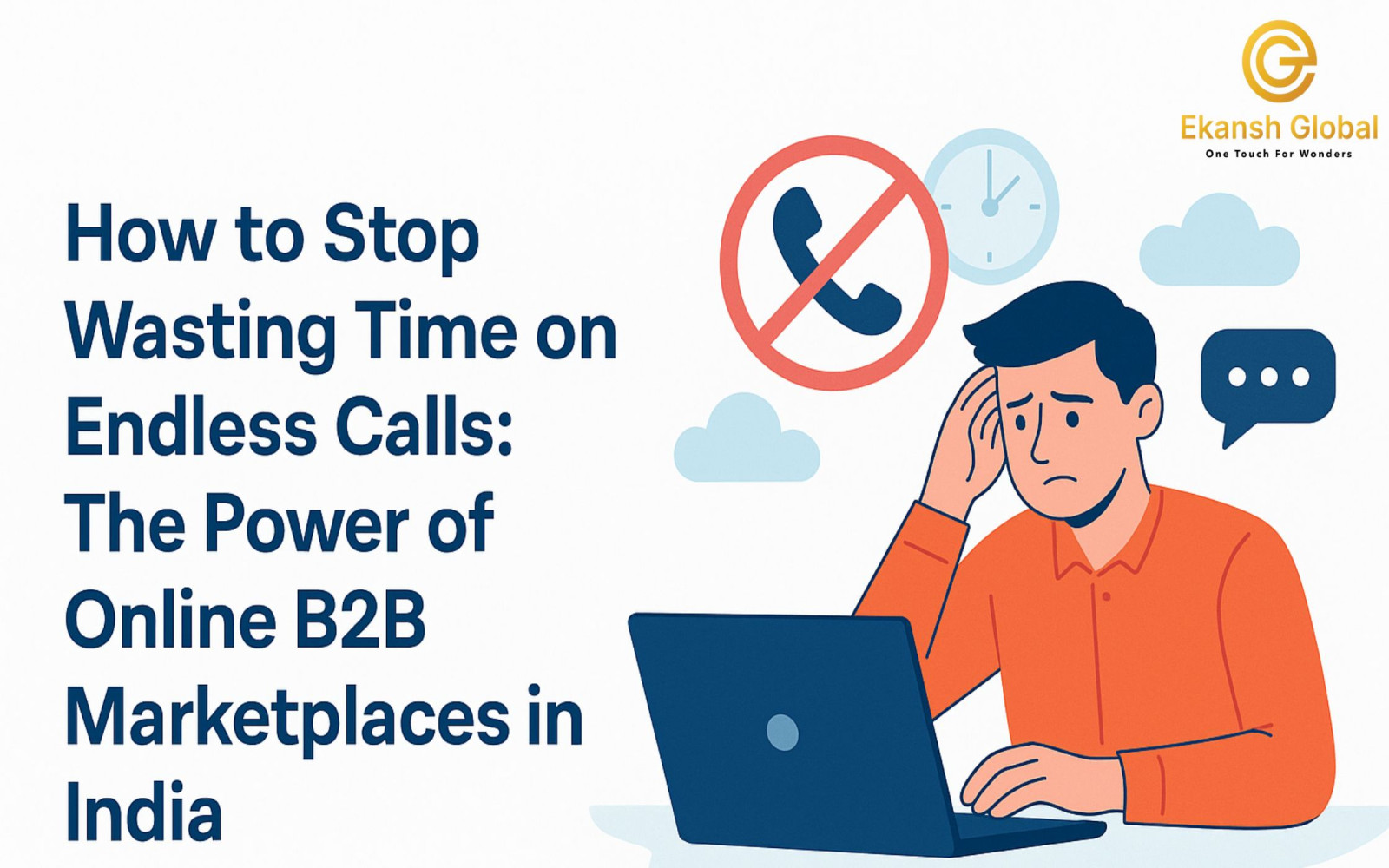

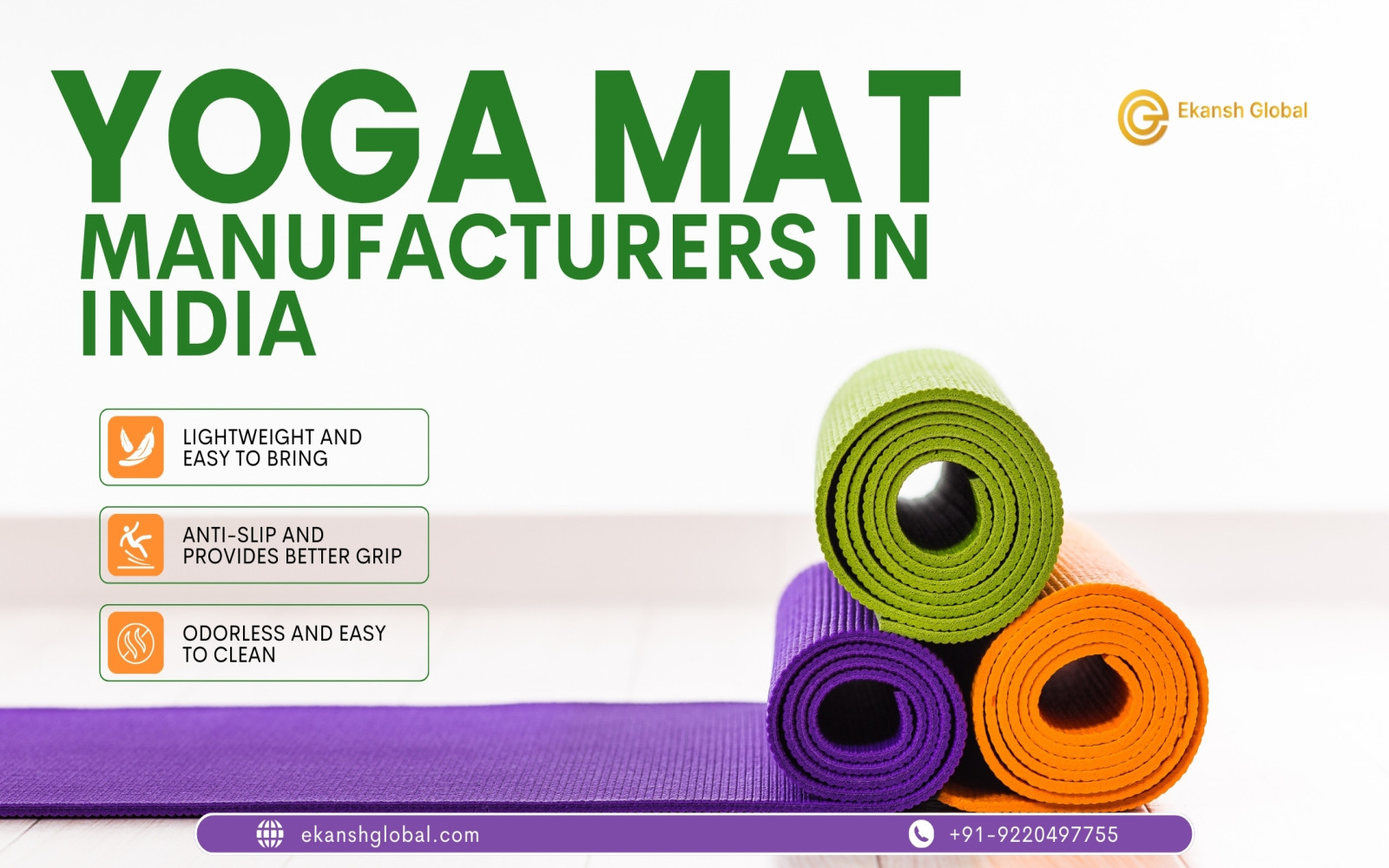
About Me

Ekansh Global Private Limited connects Indian products with global buyers, offering reliable export-import services to simplify and support safe, successful international trade for businesses worldwide.
EKANSH GLOBAL
Categories
- Agriculture
- Apparel & Fashion
- Auto & Automobile Accessories
- Construction & Building Material
- Gifts & Crafts
- Health & Beauty
- Home Supply
- Industrial Machinery
- Industrial Supplies
- Kitchen Utensils & Appliances
- Lab Instruments & Suppliers
- Leather
- Natural Stone
- Office Supplies
- Packaging & Paper
- Plastic
- Textiles & Fabrics
- Tools & Equipment
- F.M.C.G
- Ayurvedic and Herbal product
- Sports Goods / Equipment
- Stationery Products





